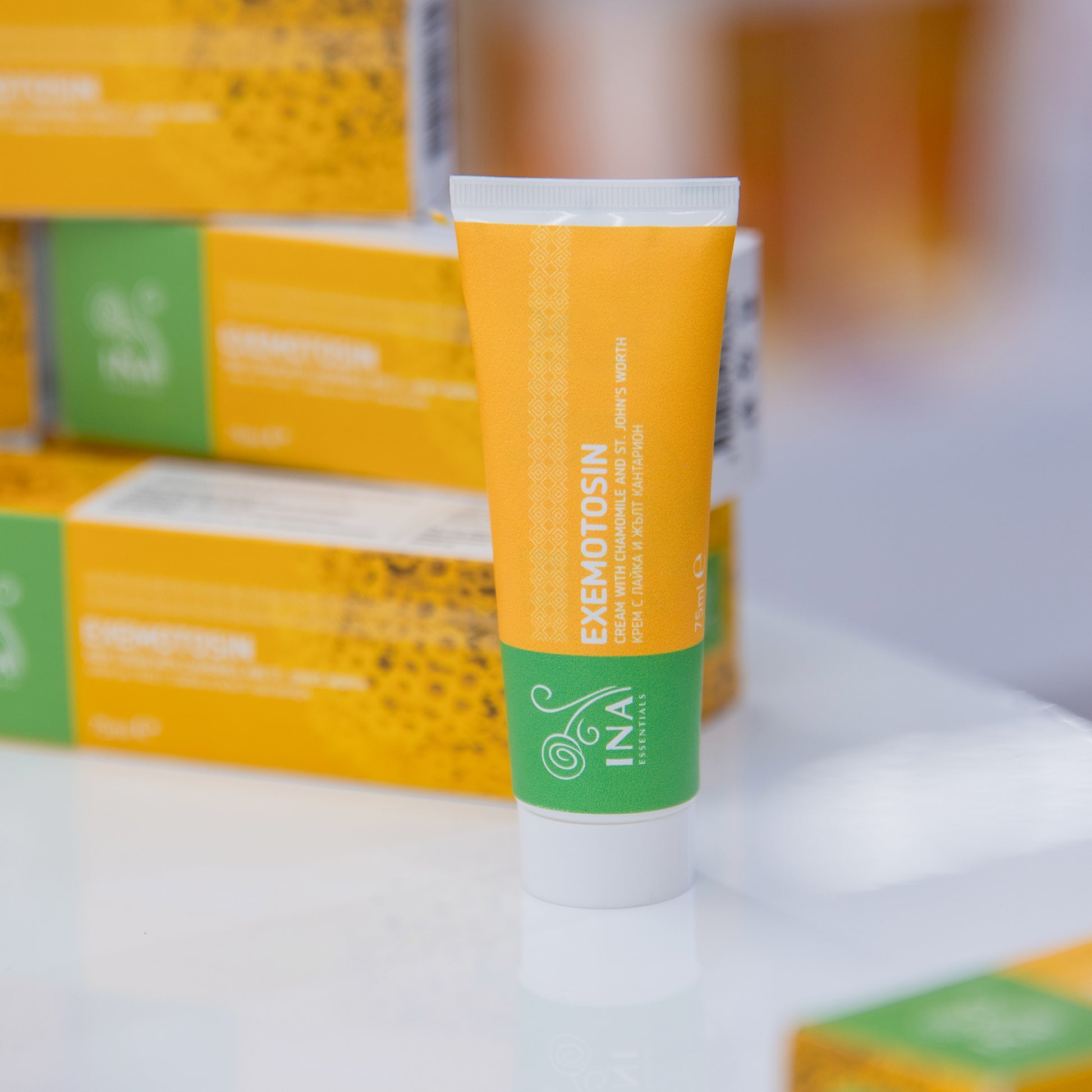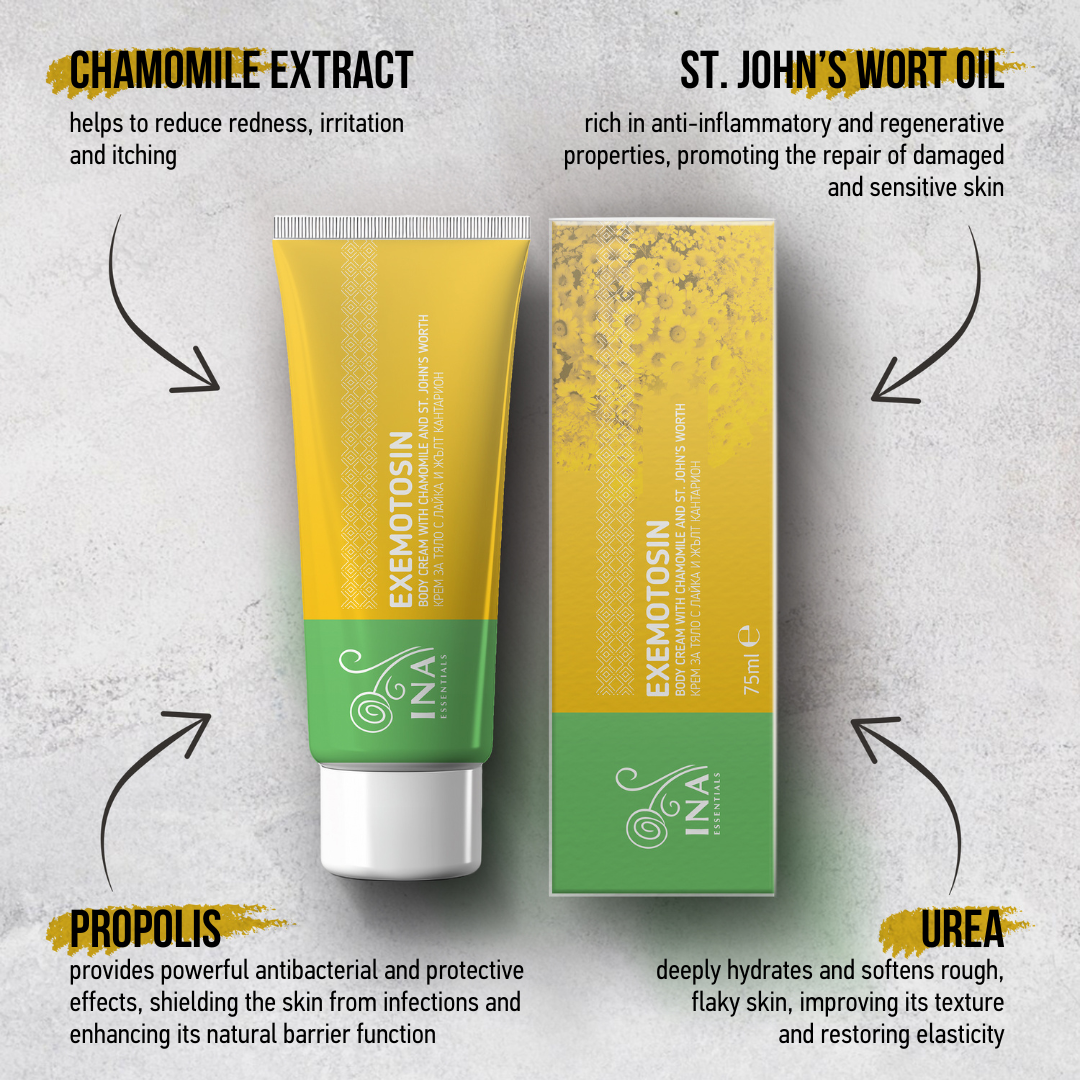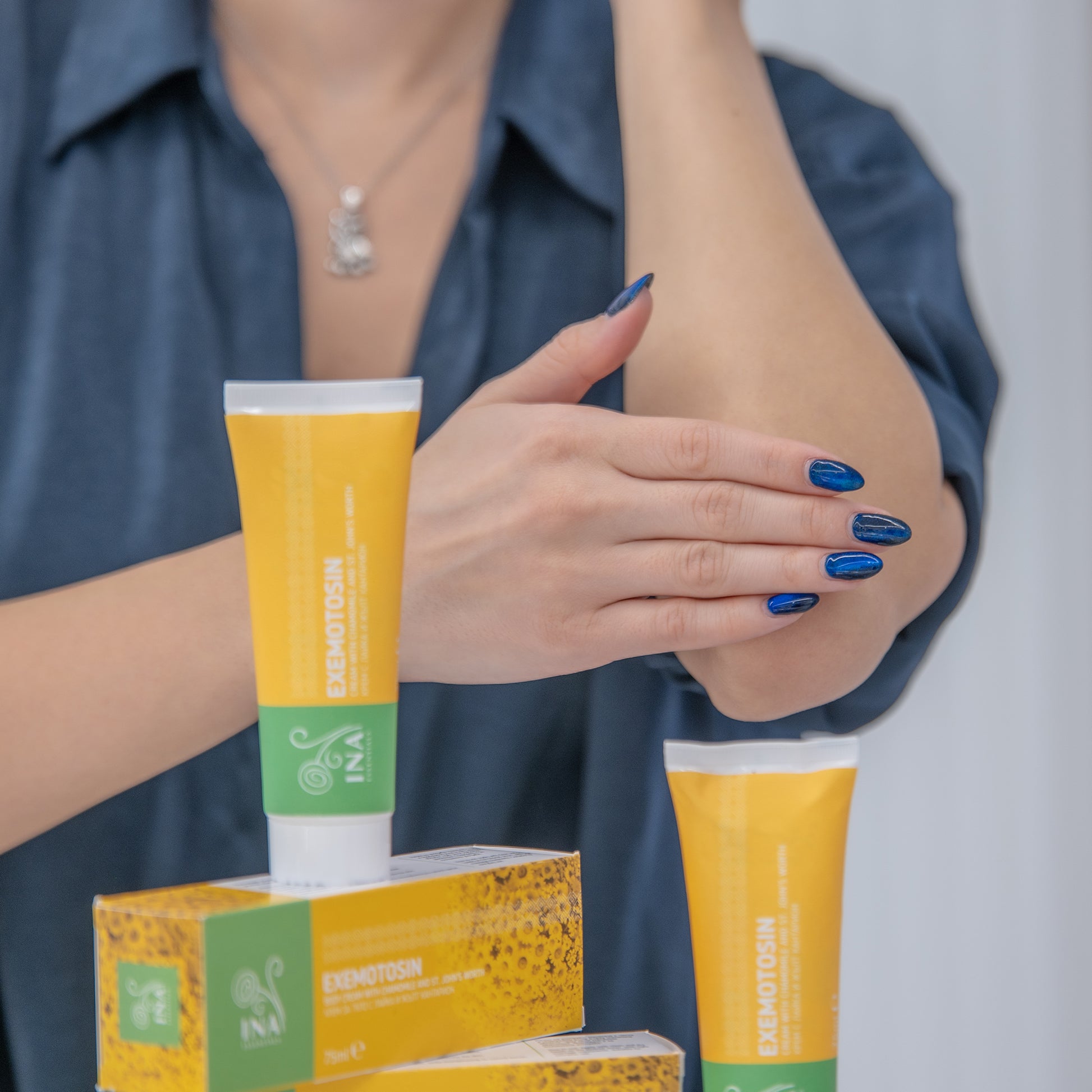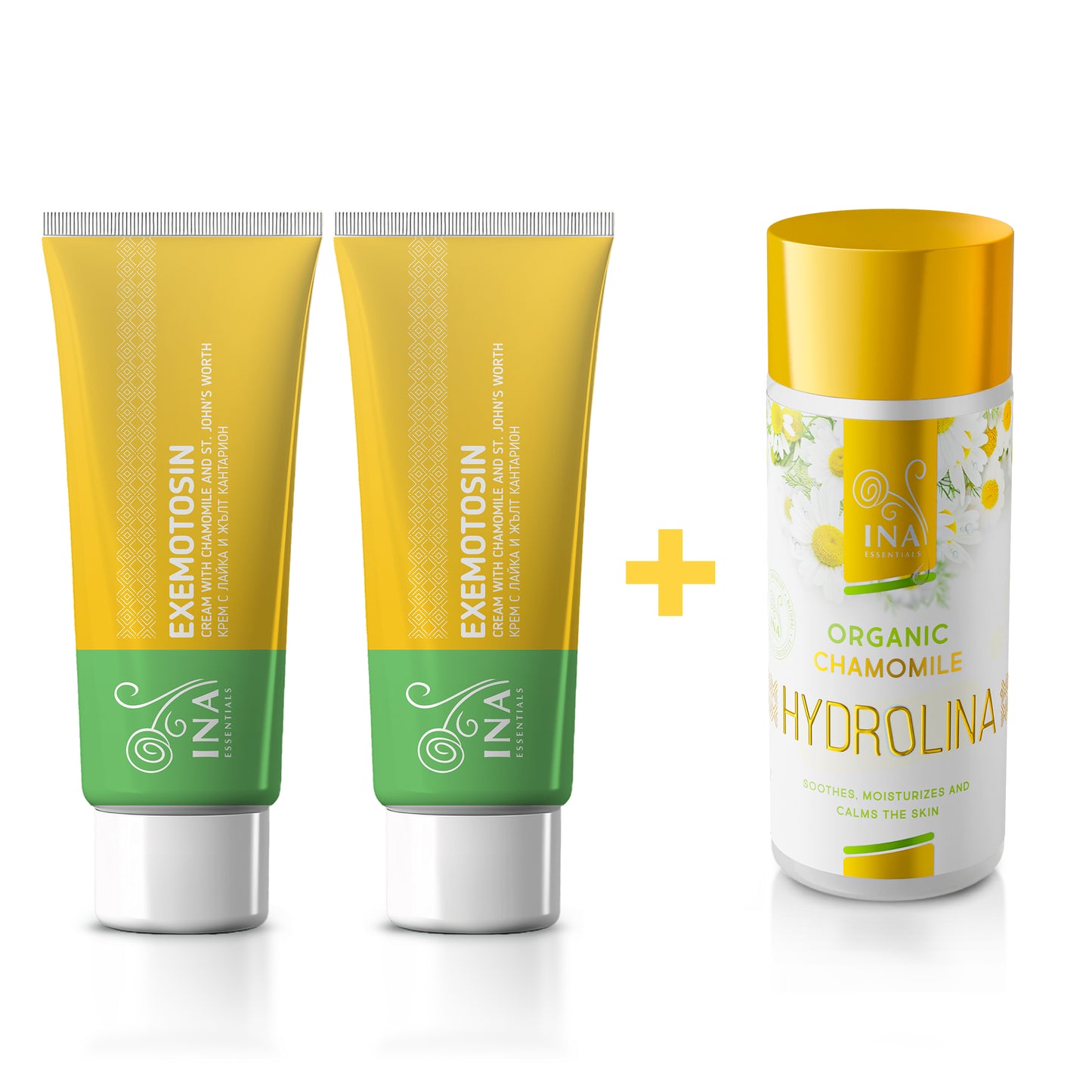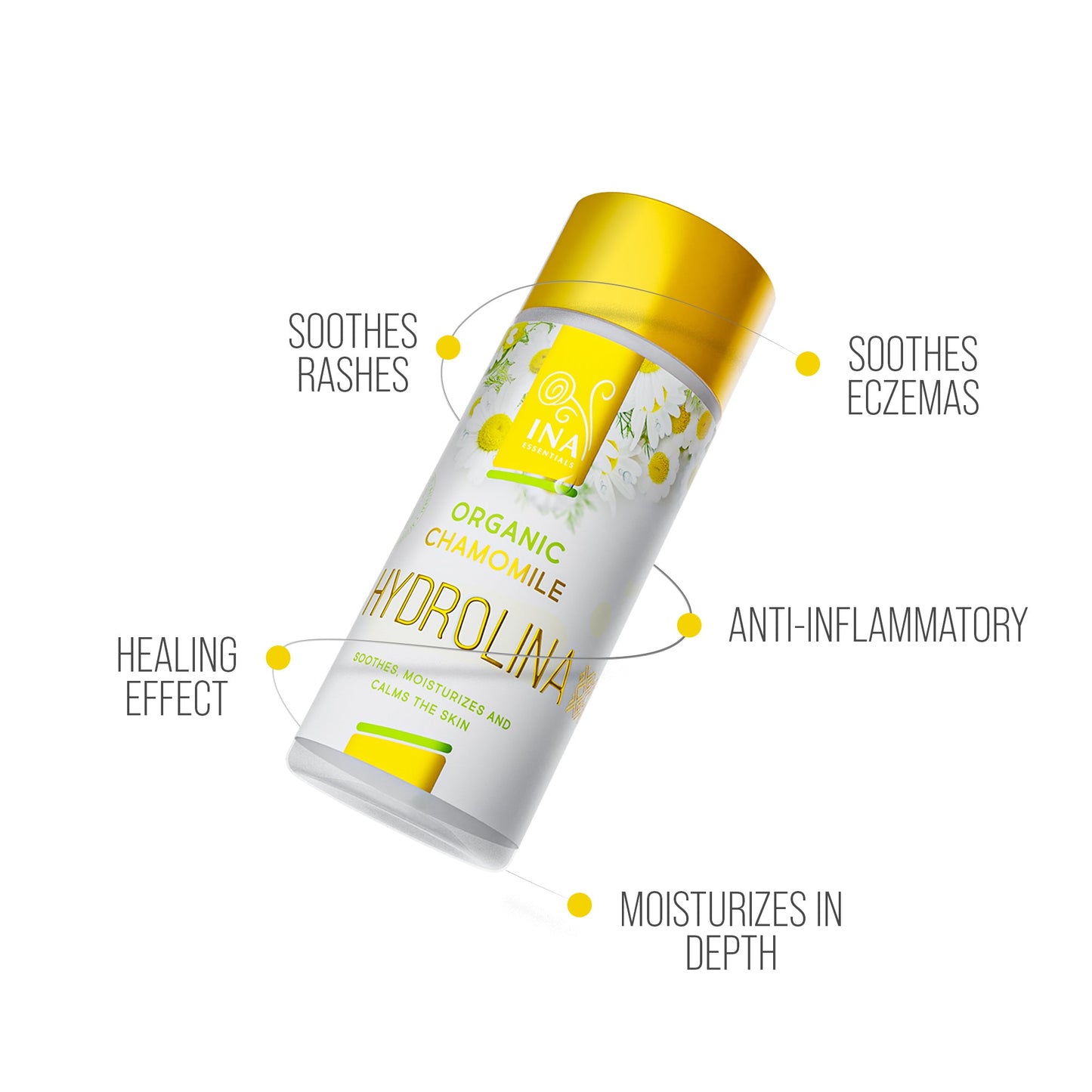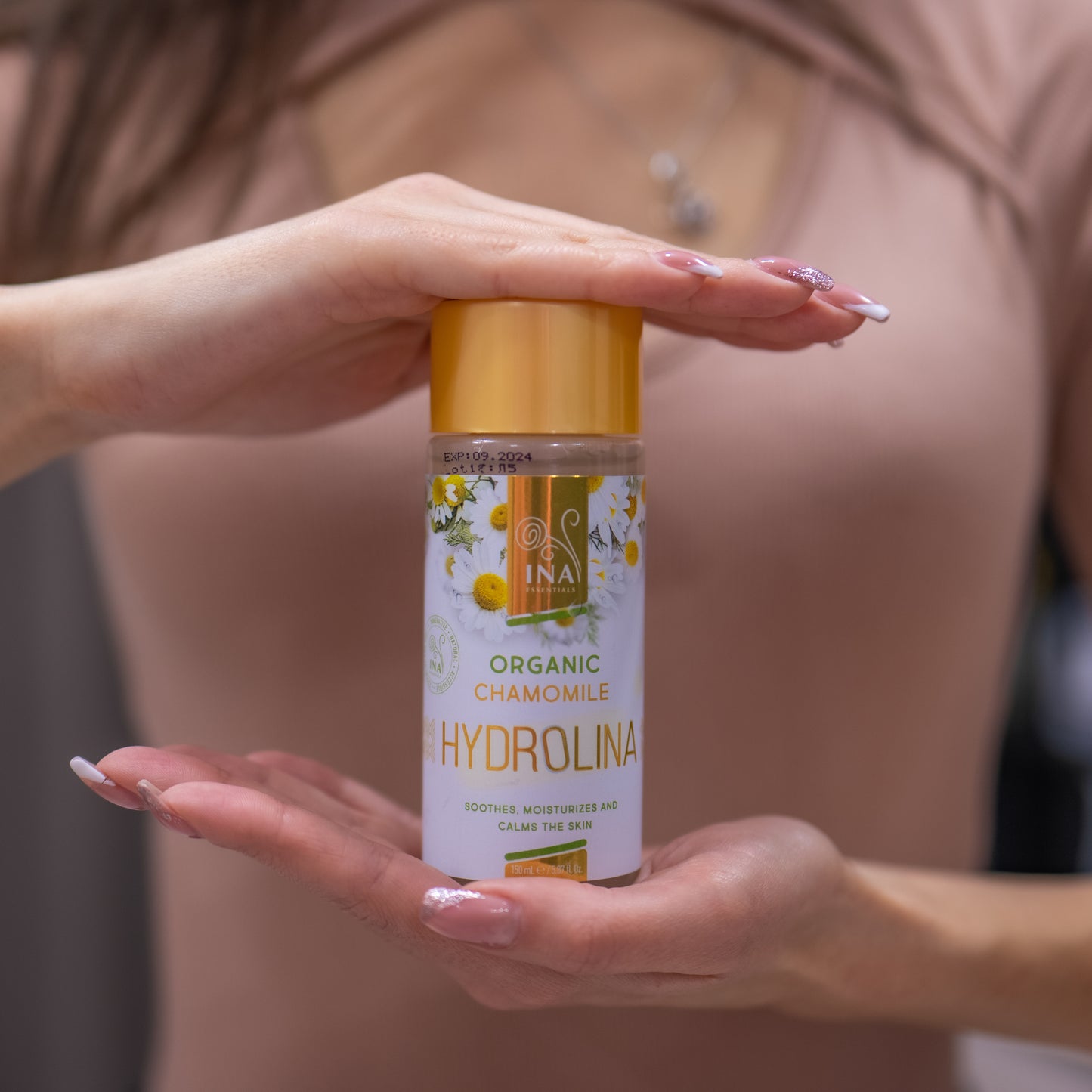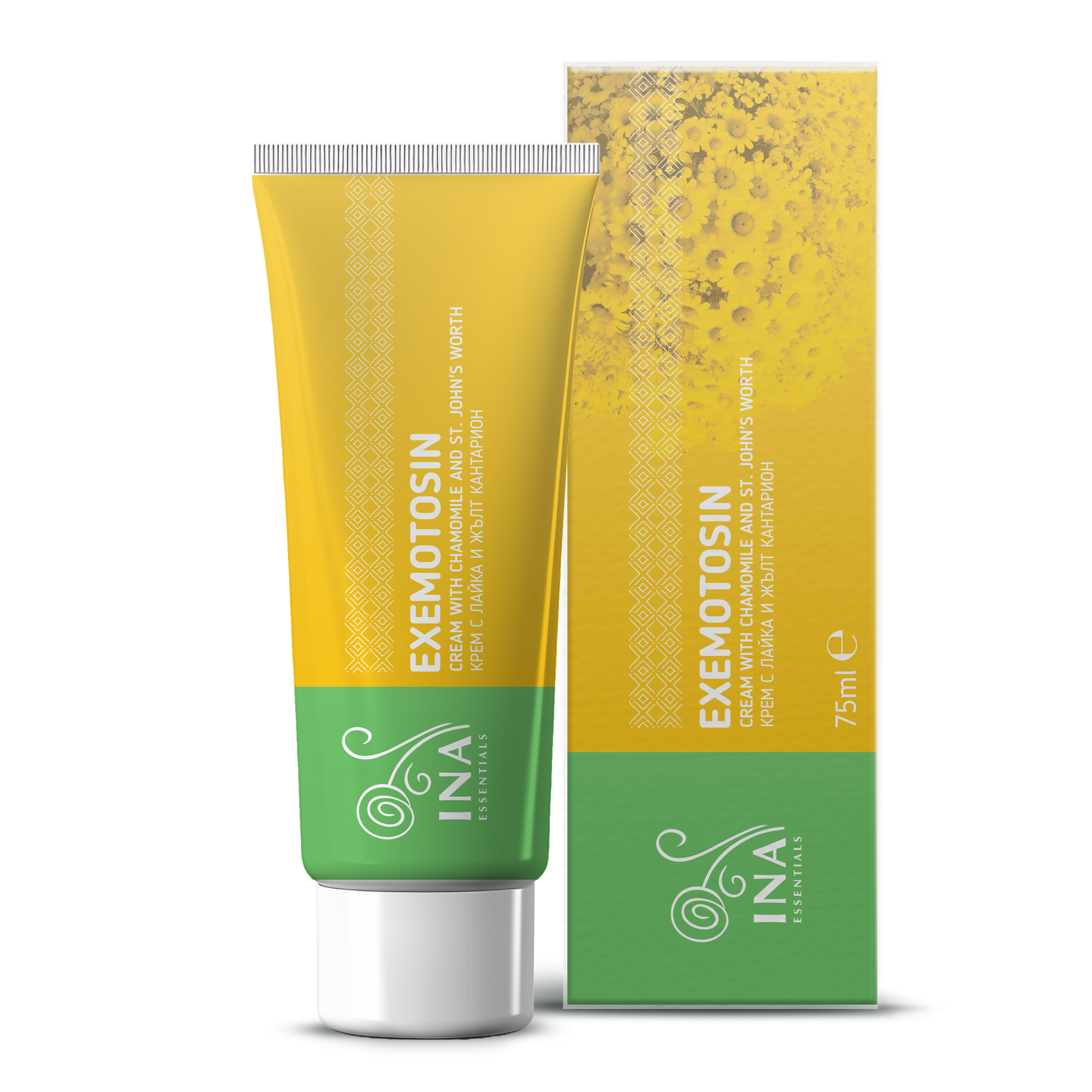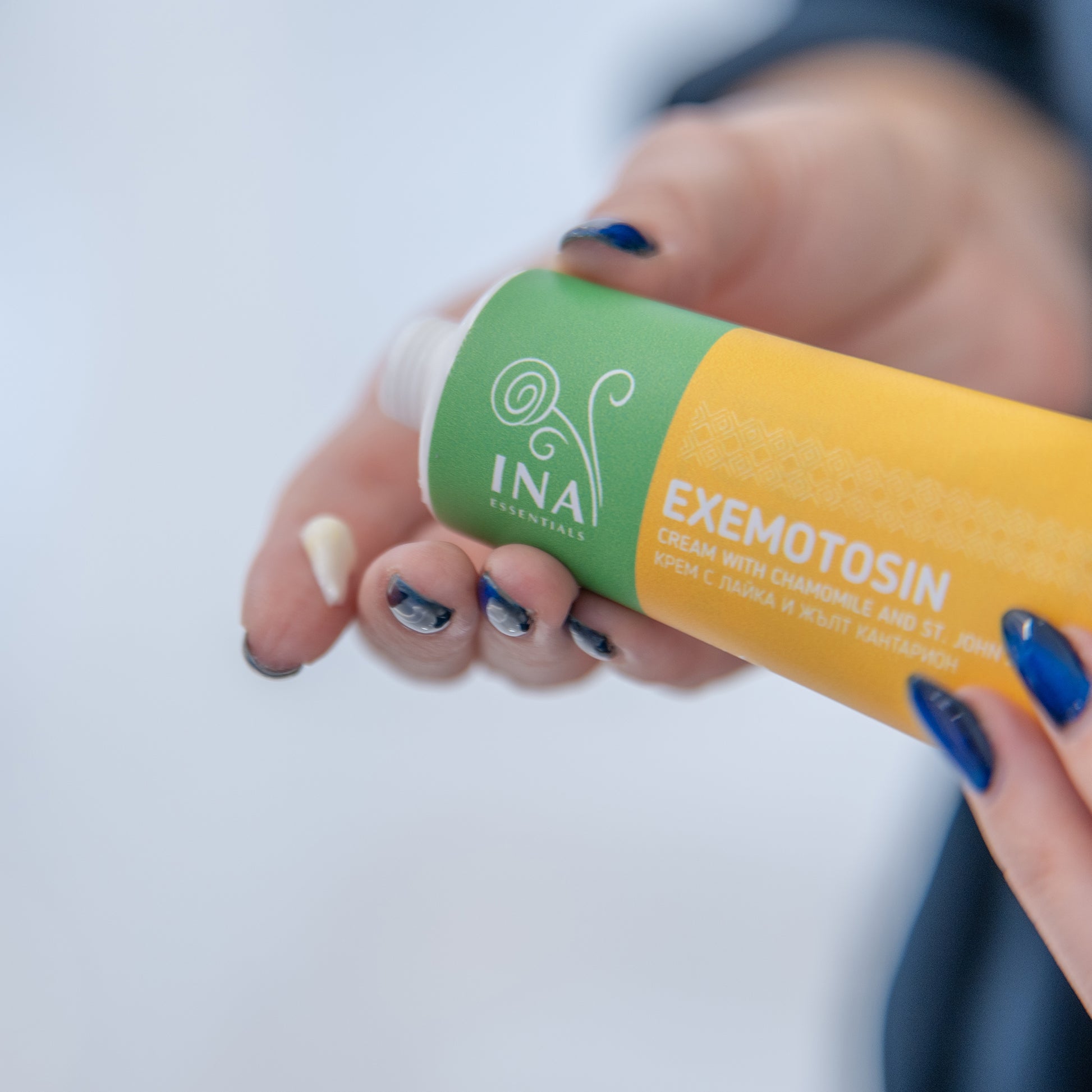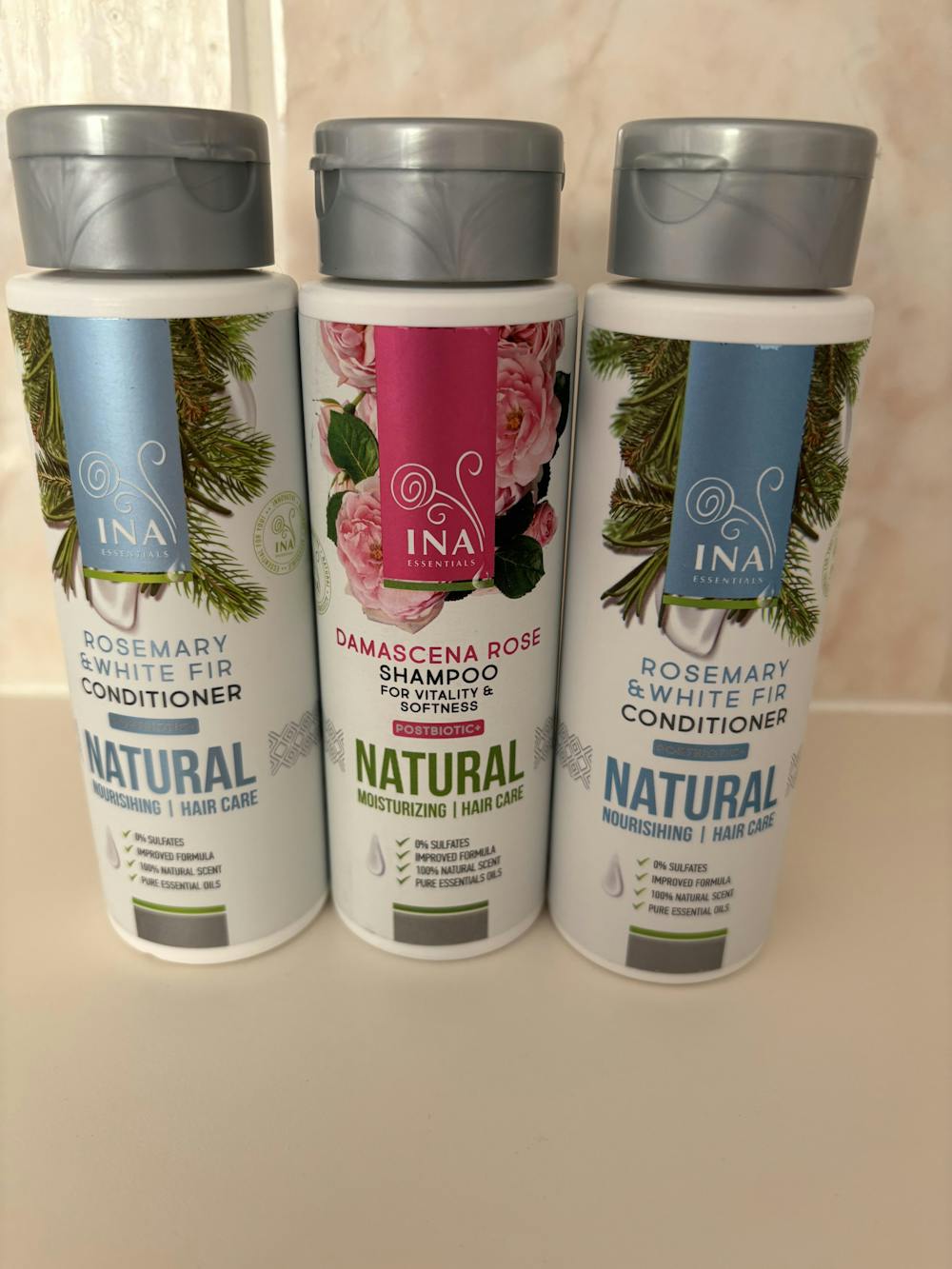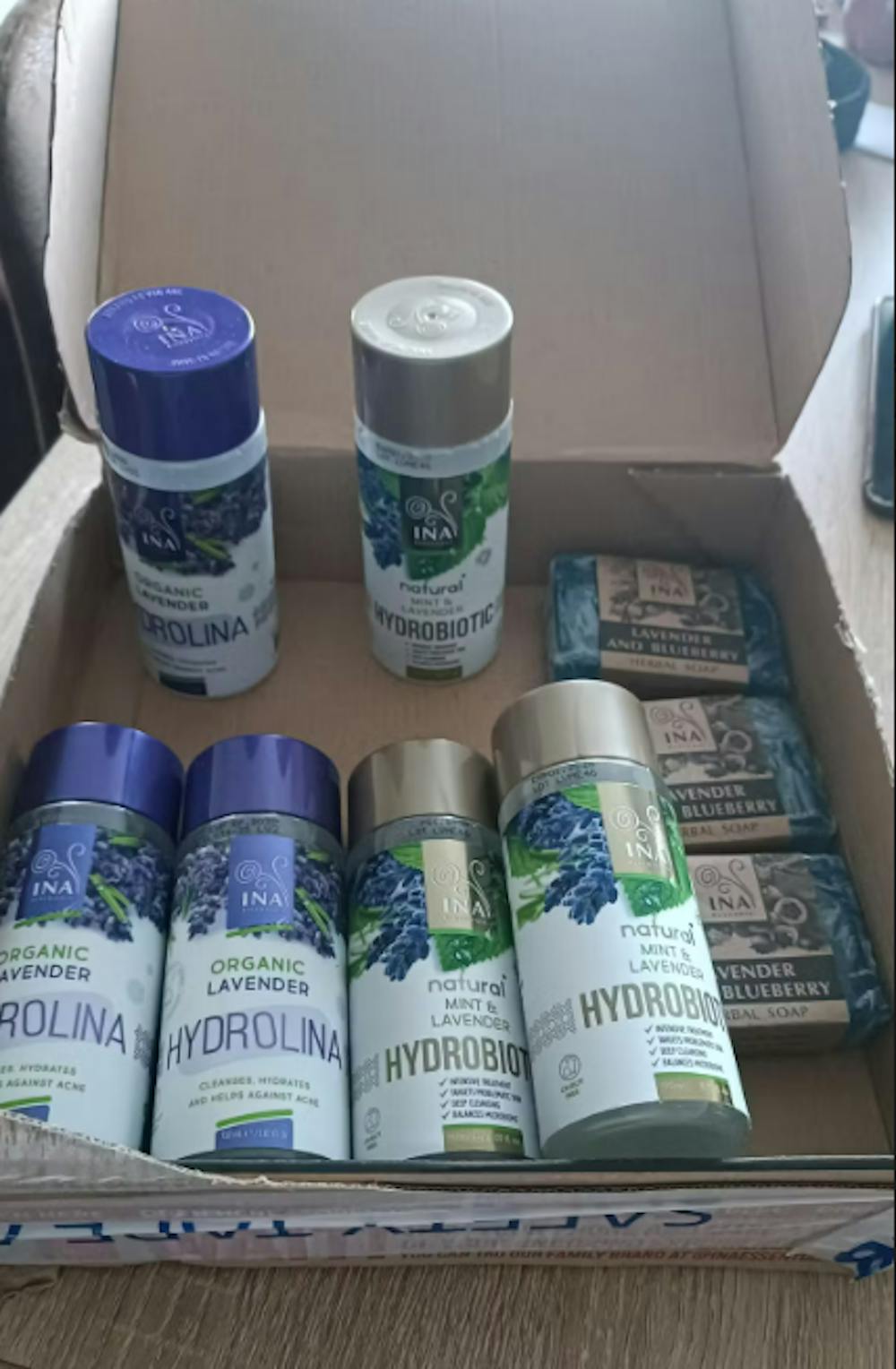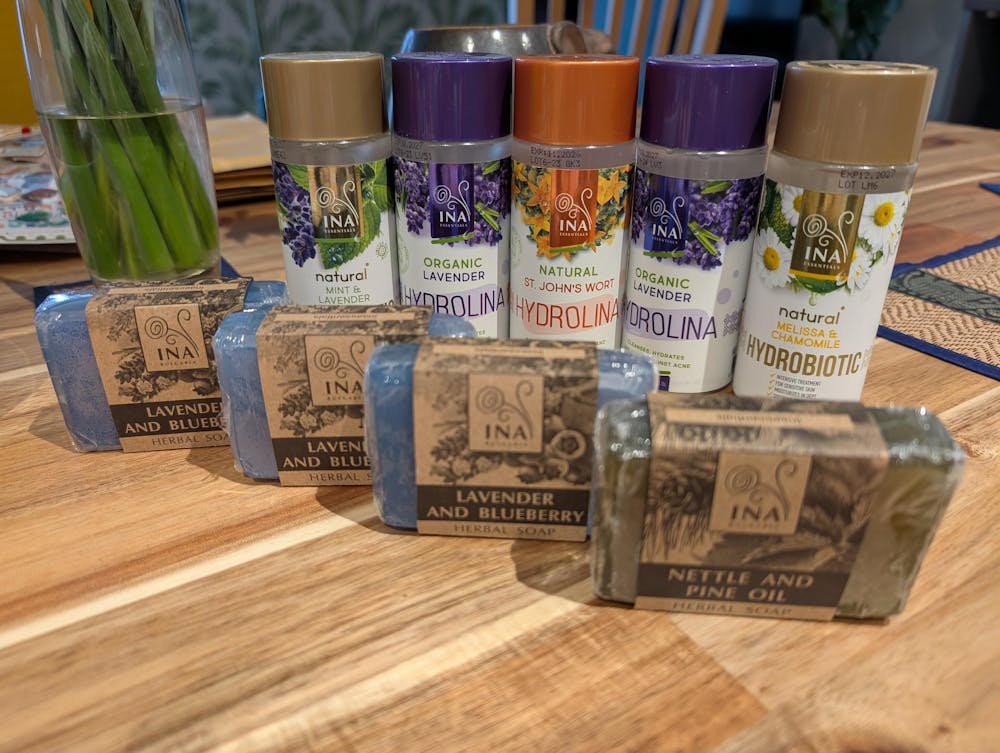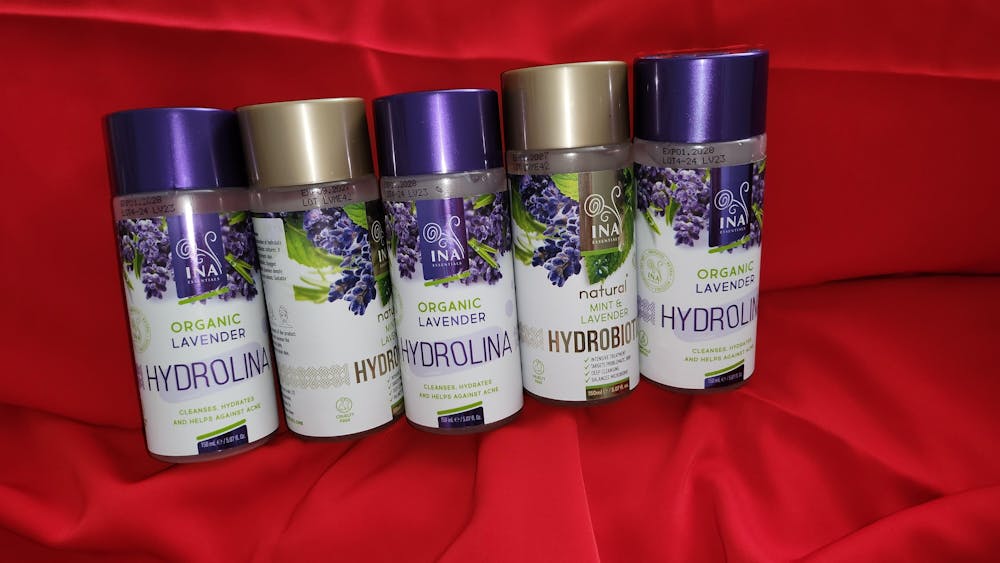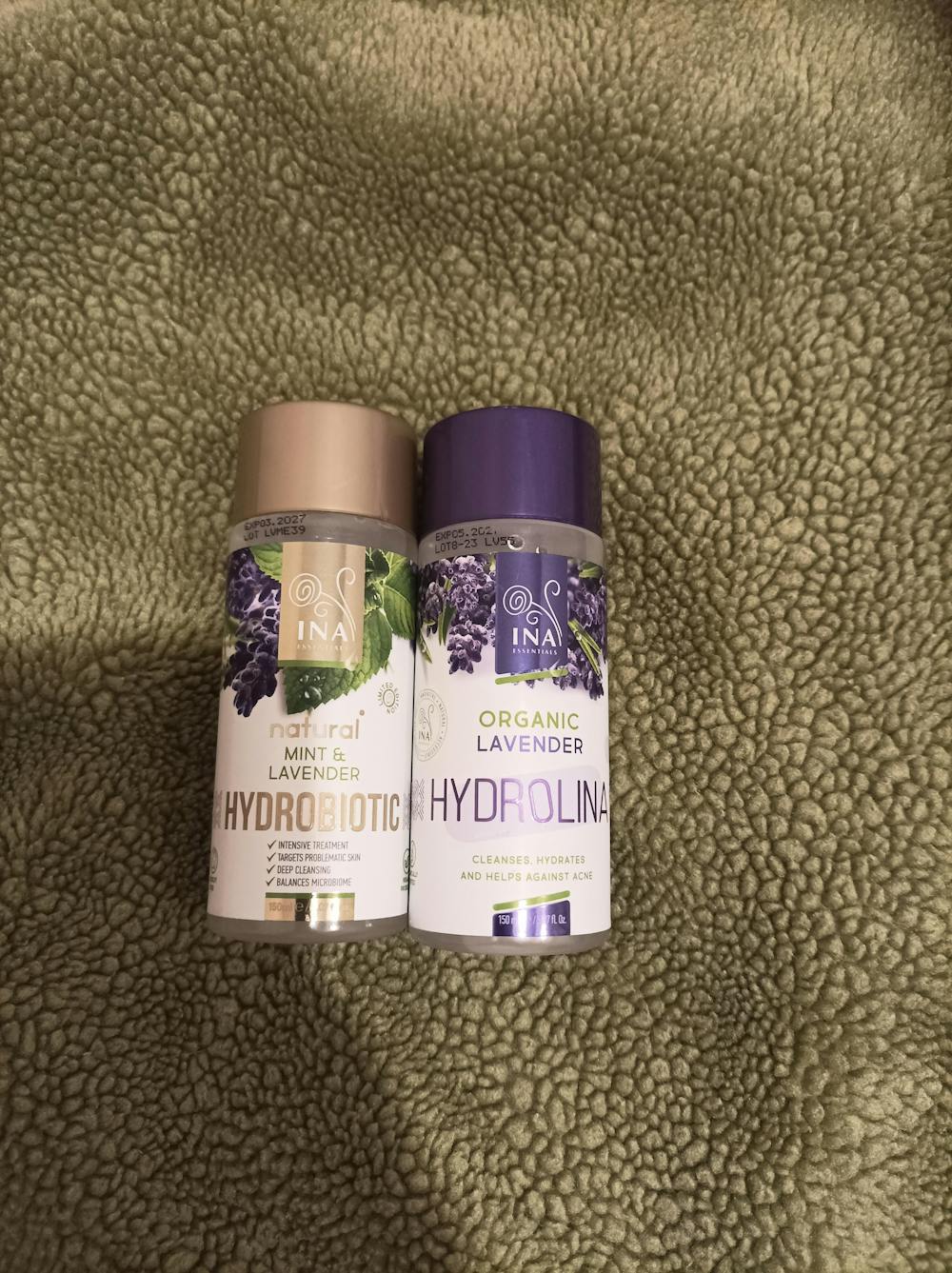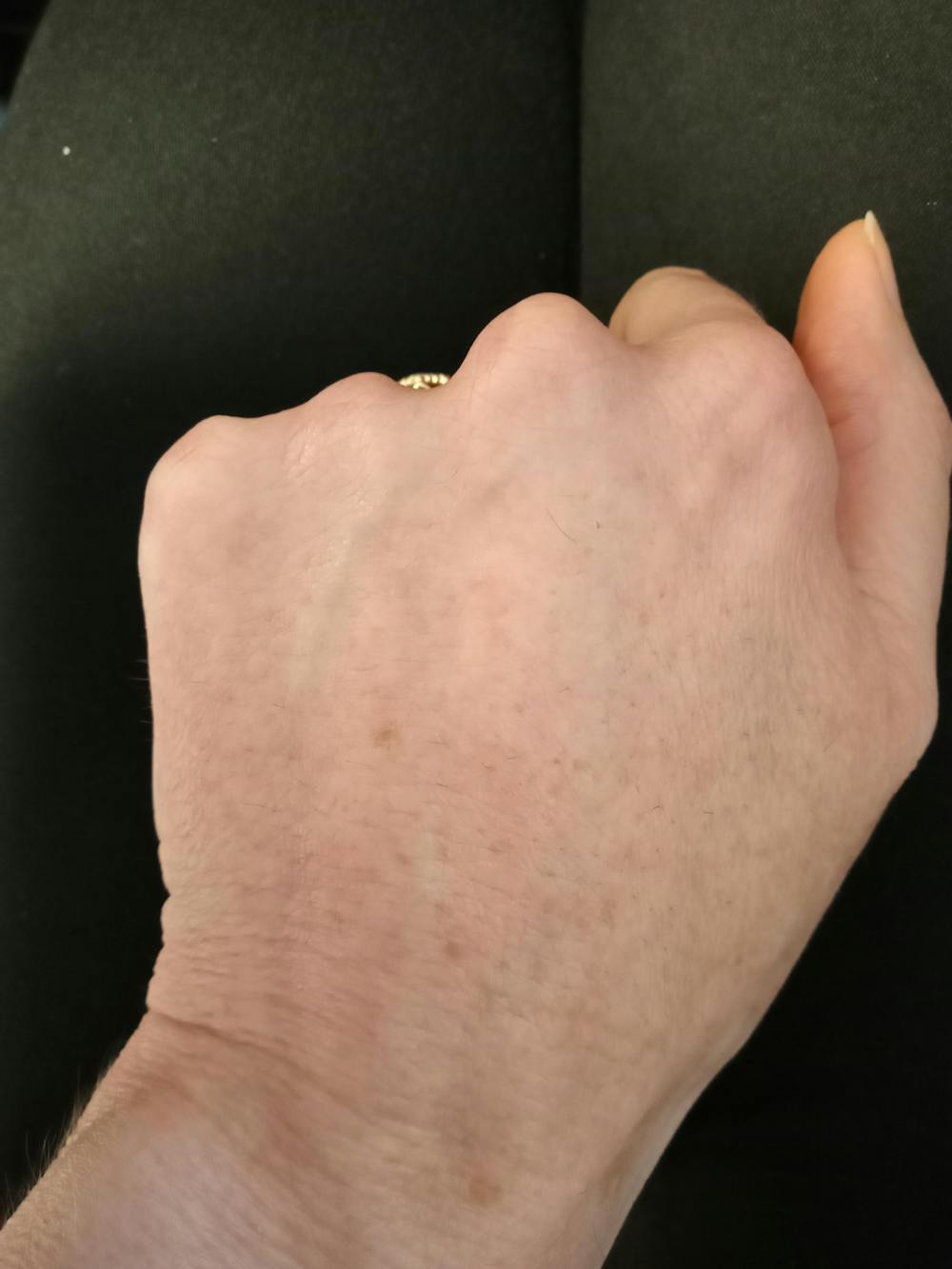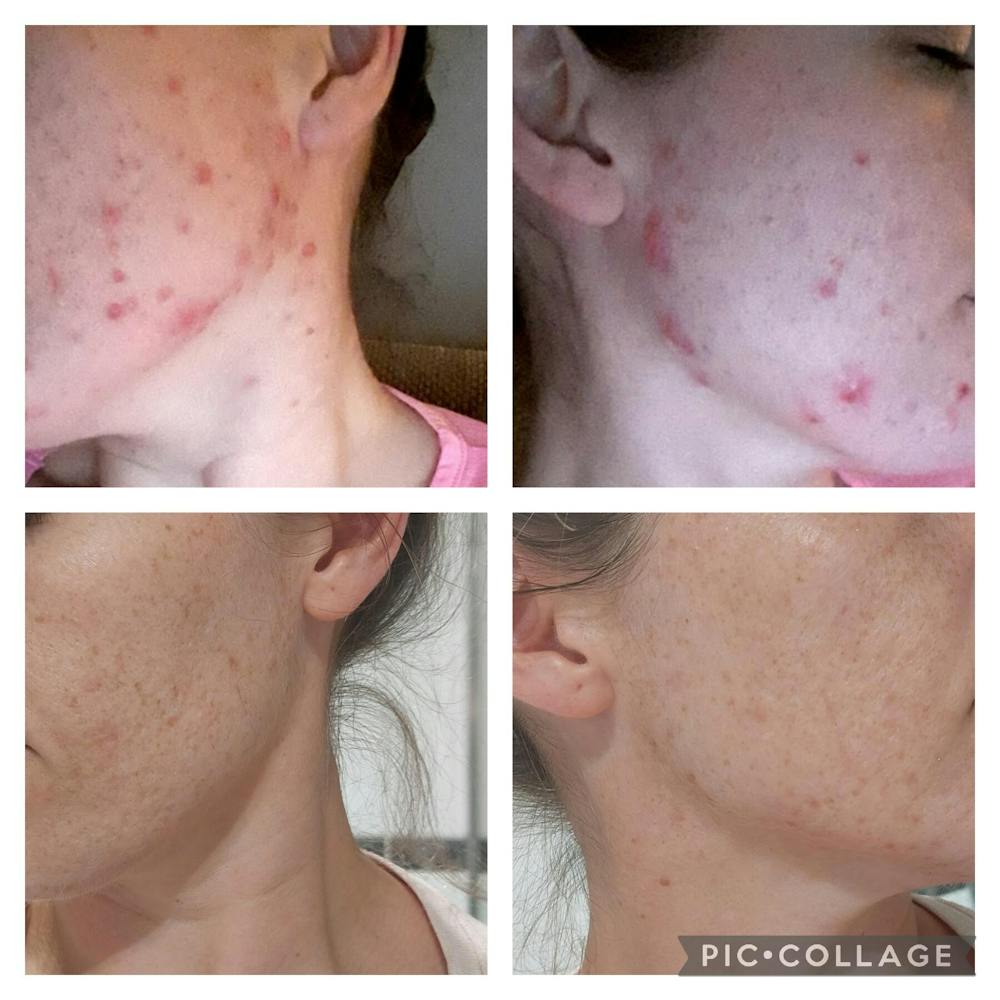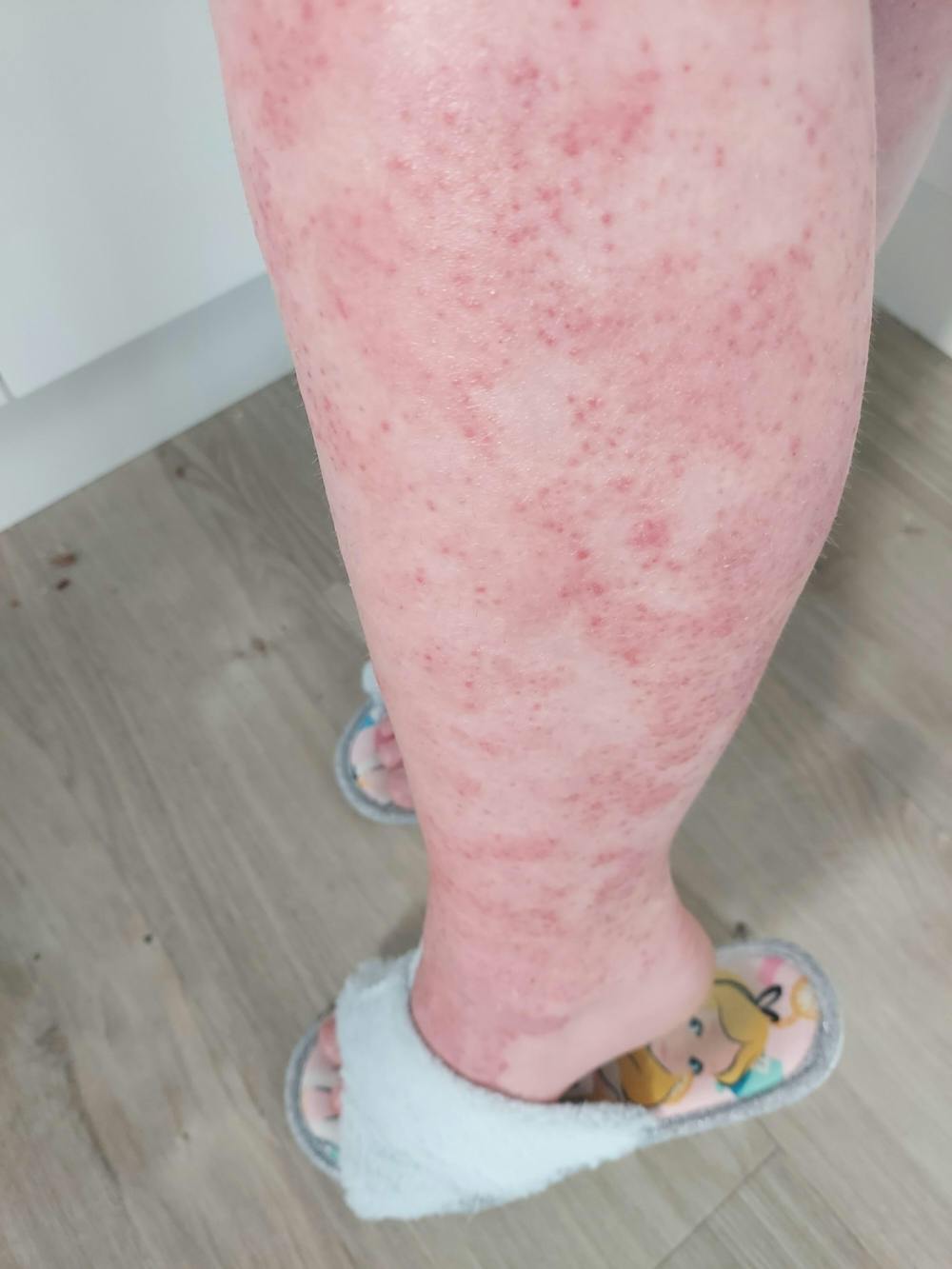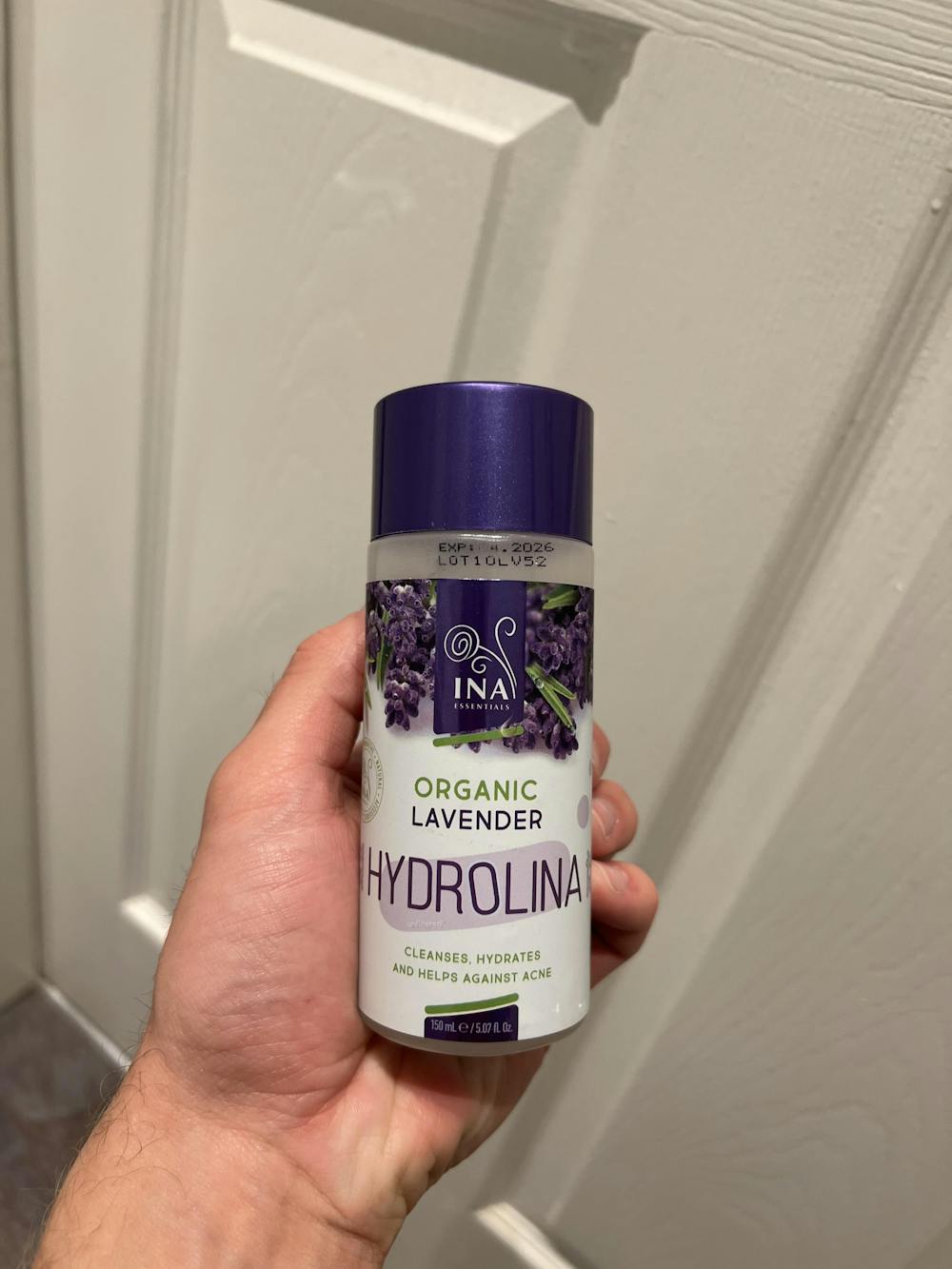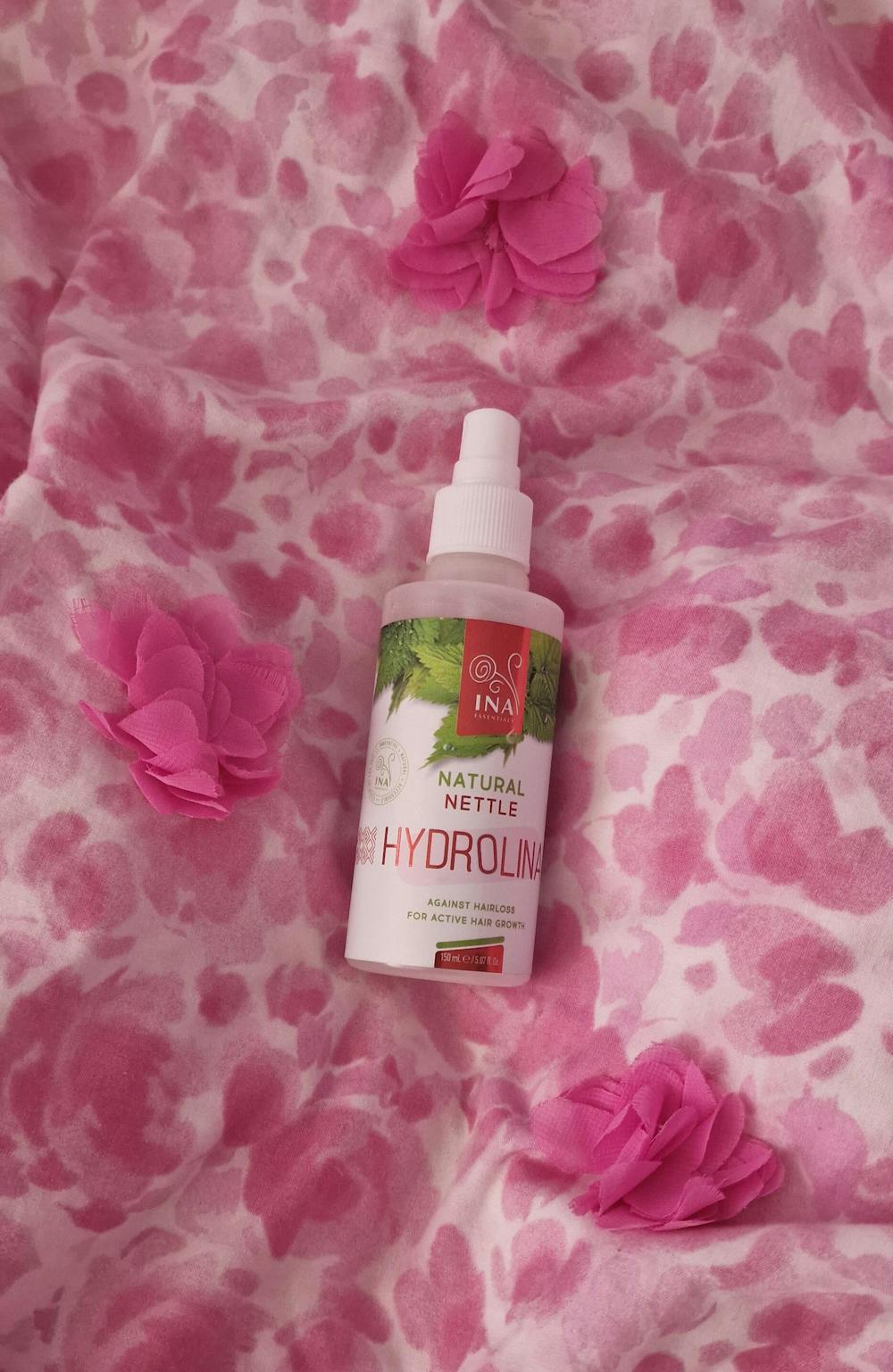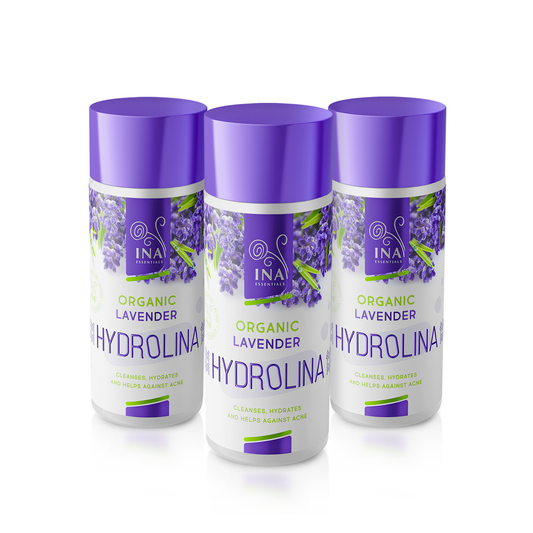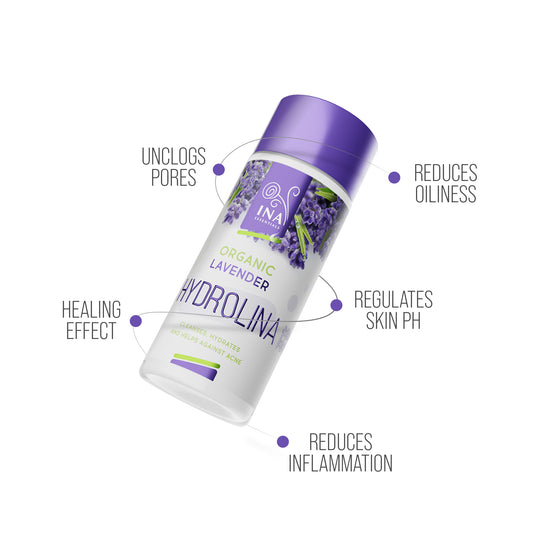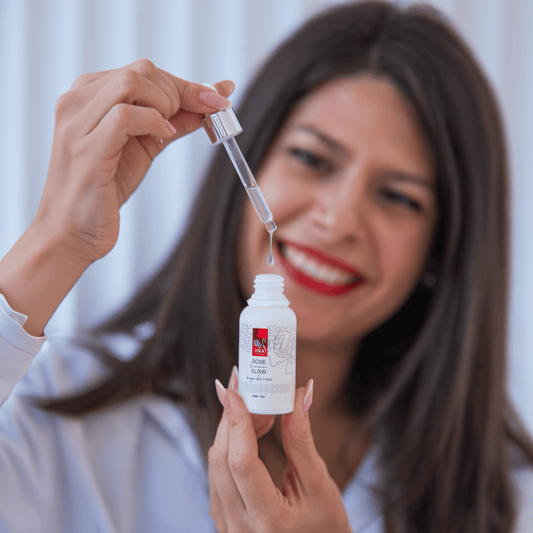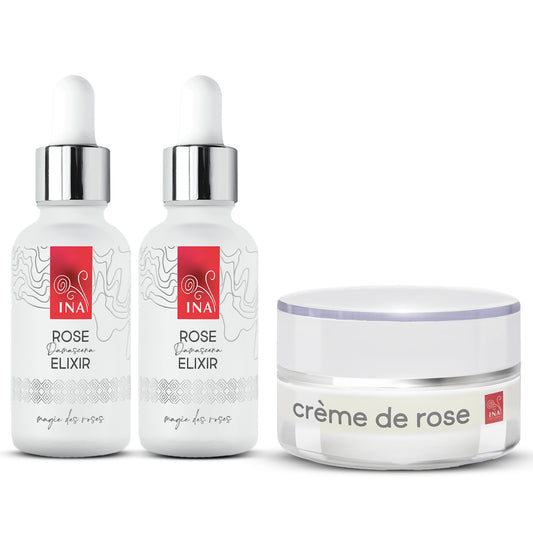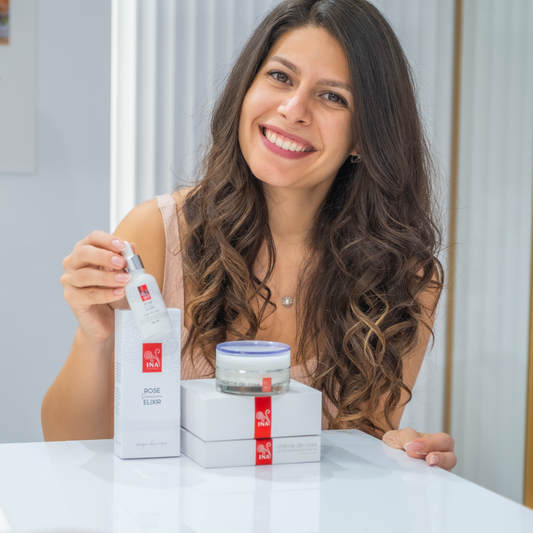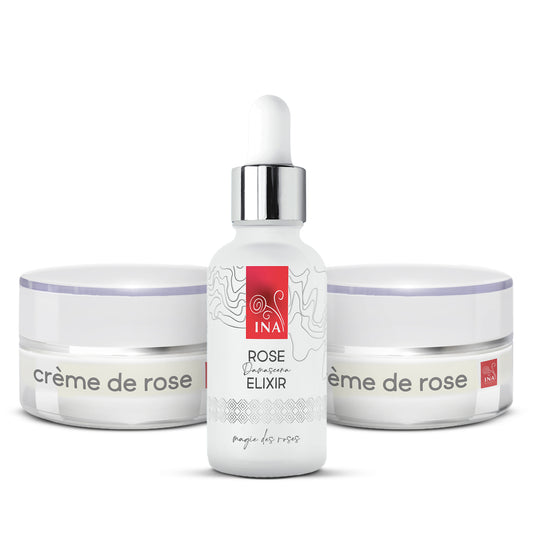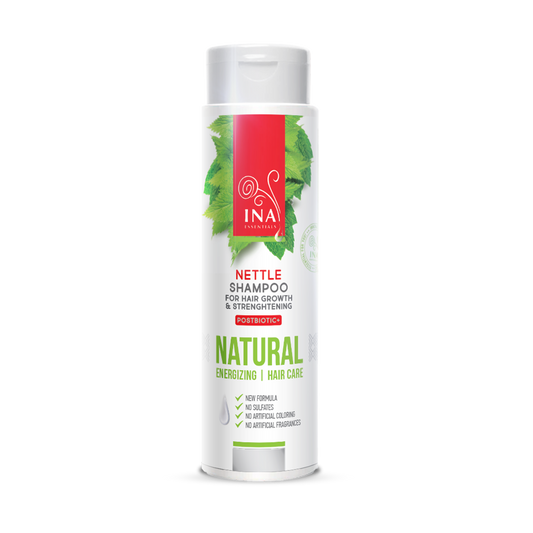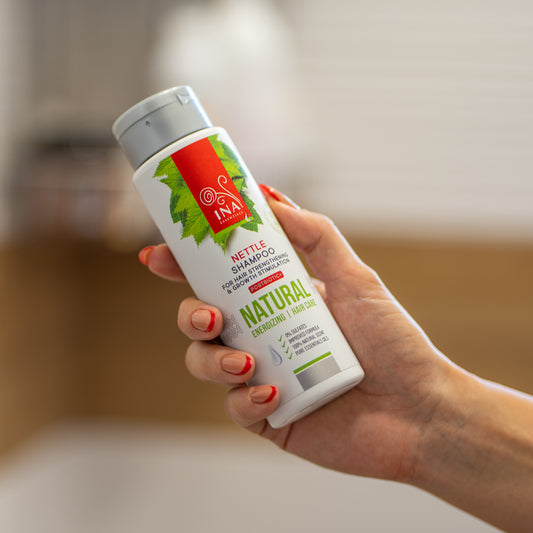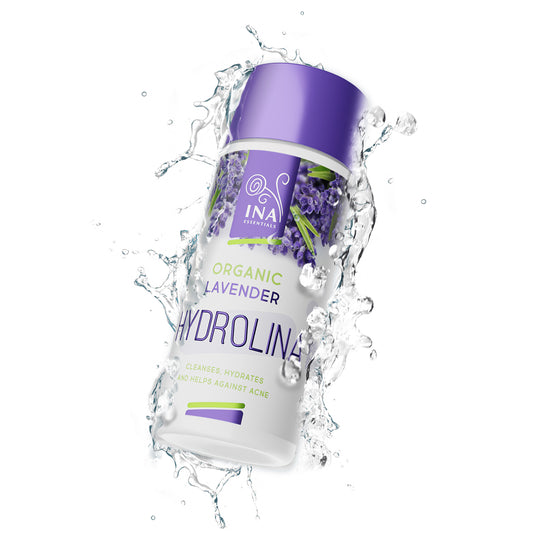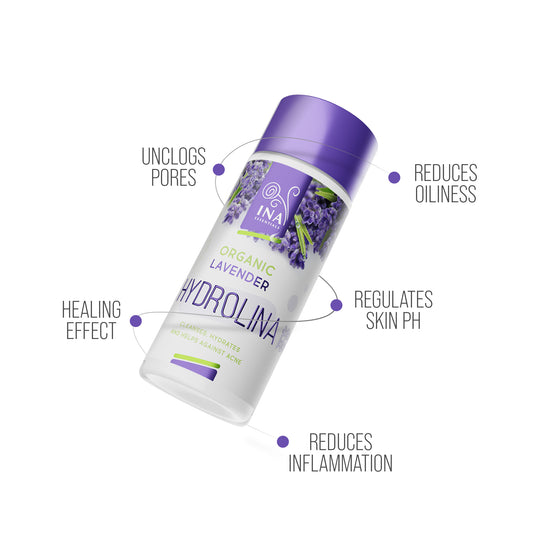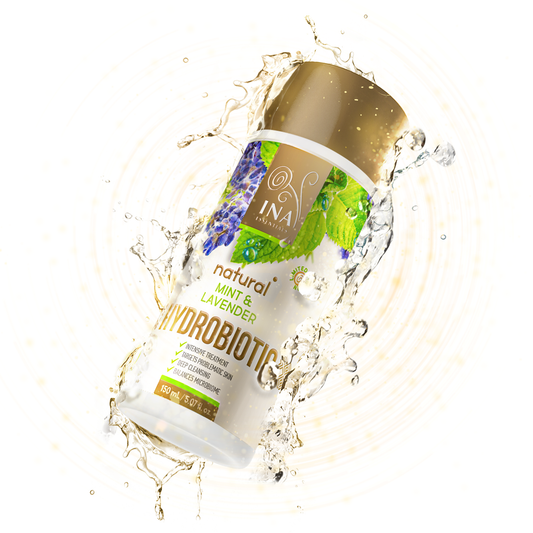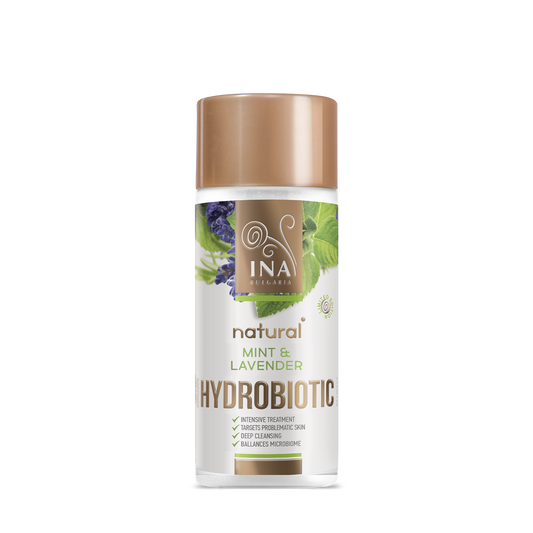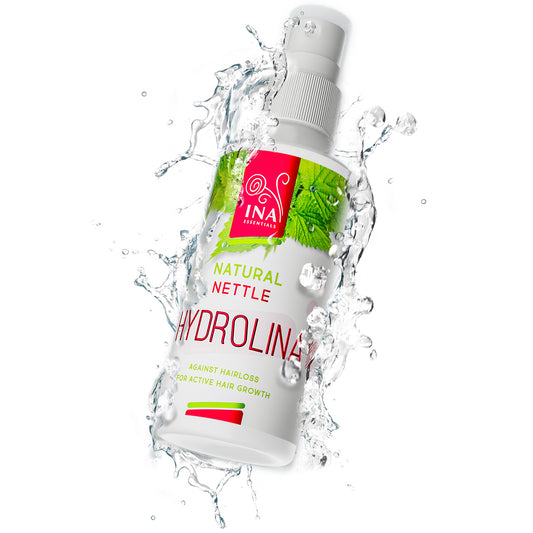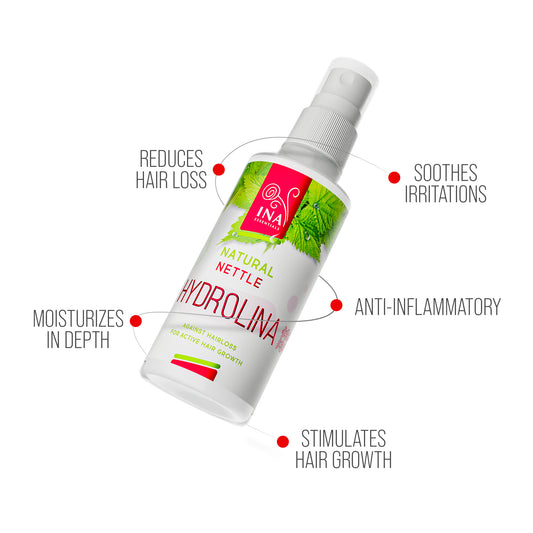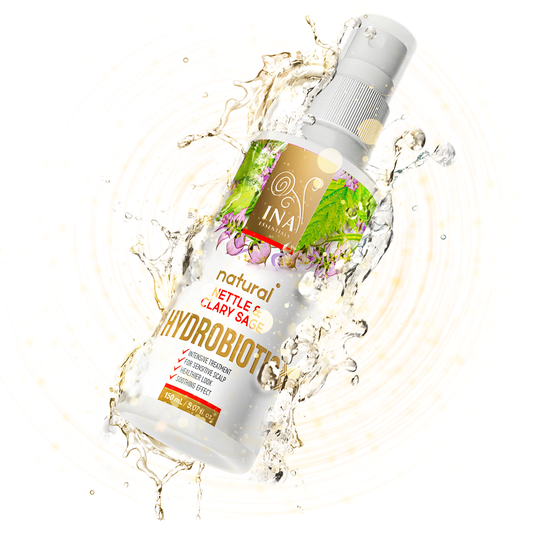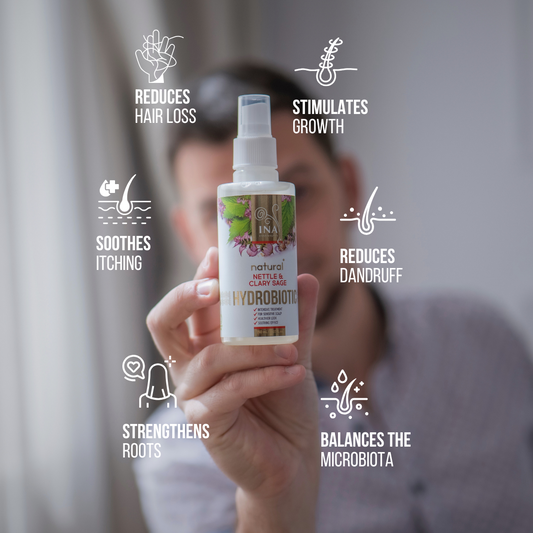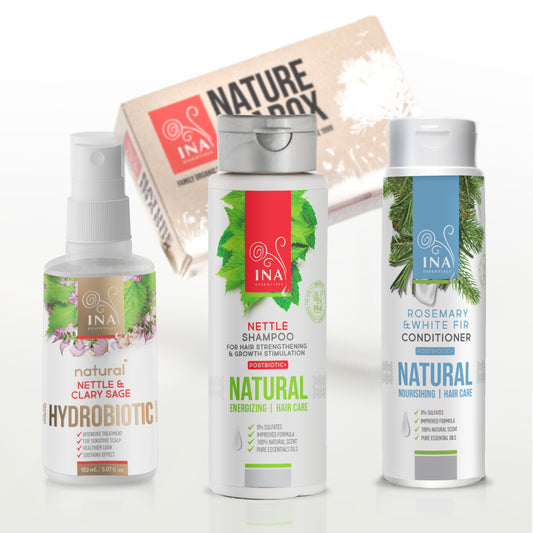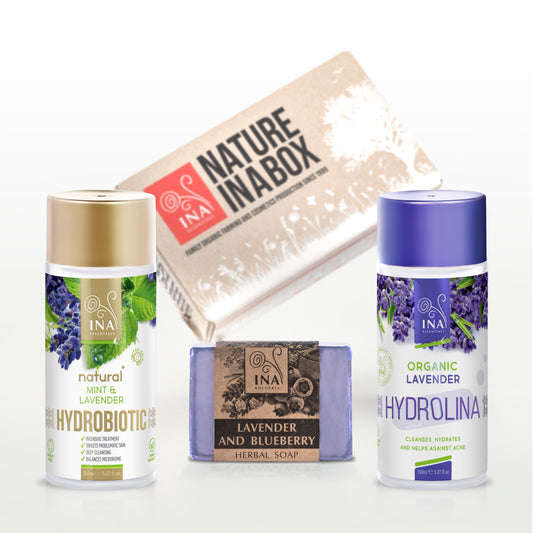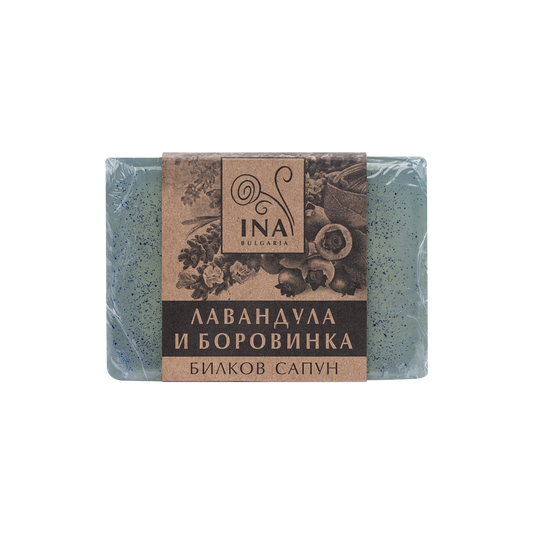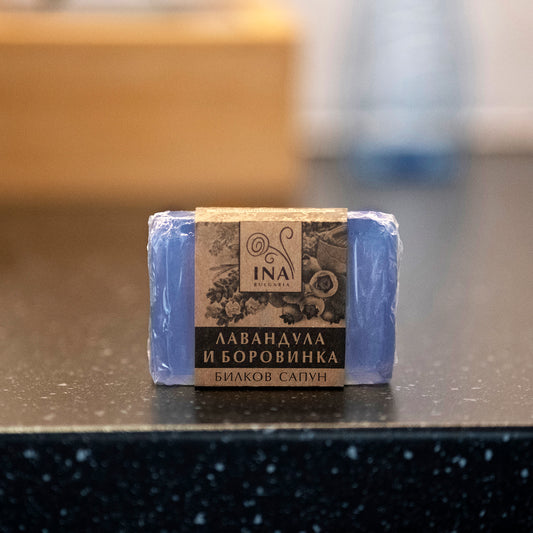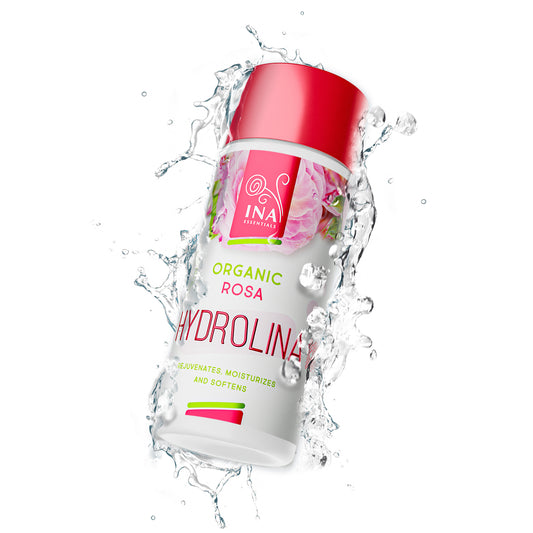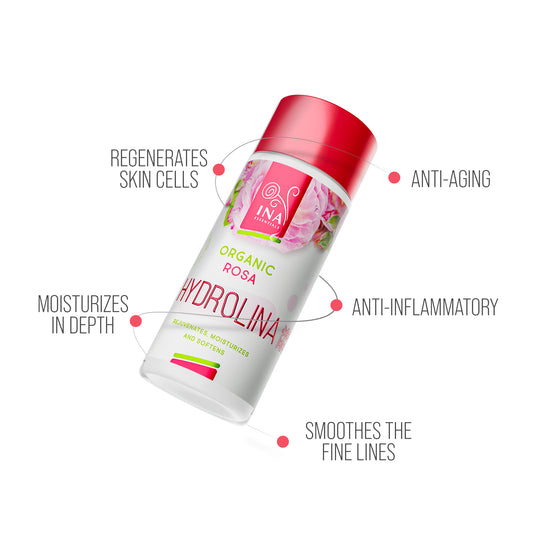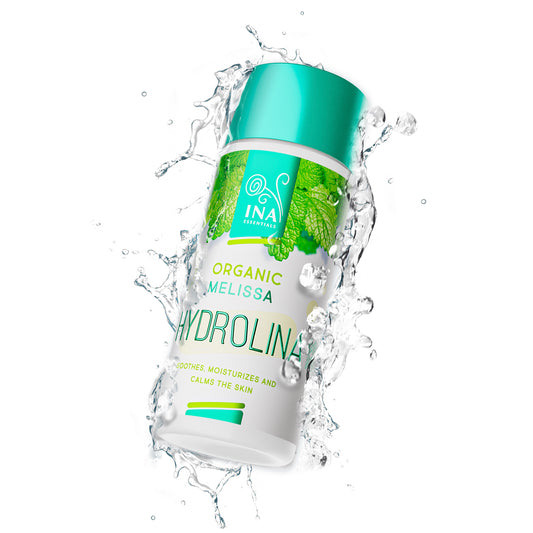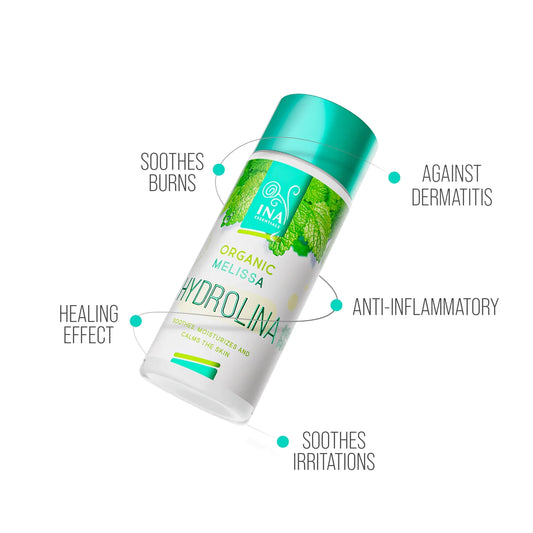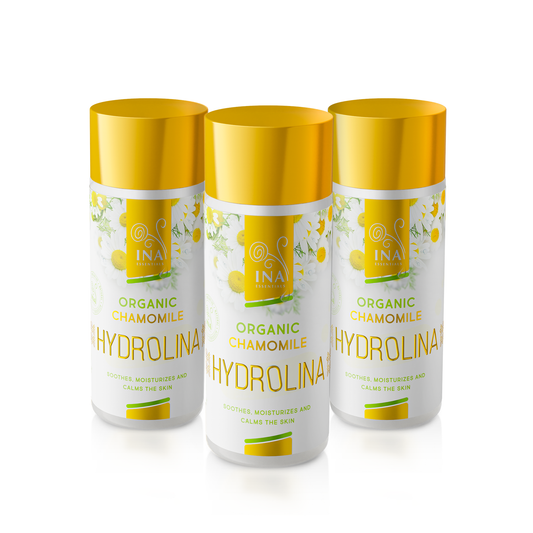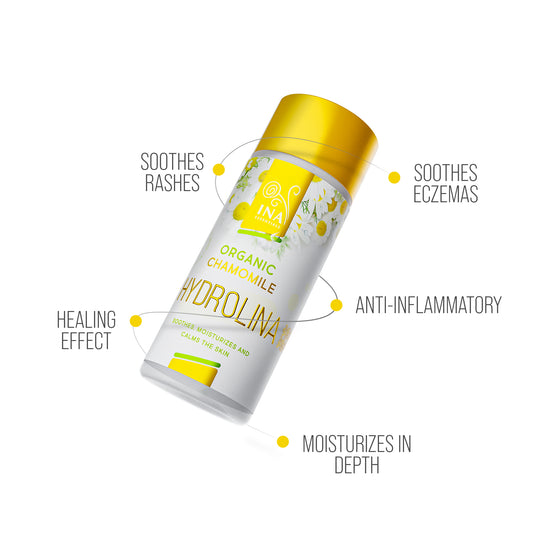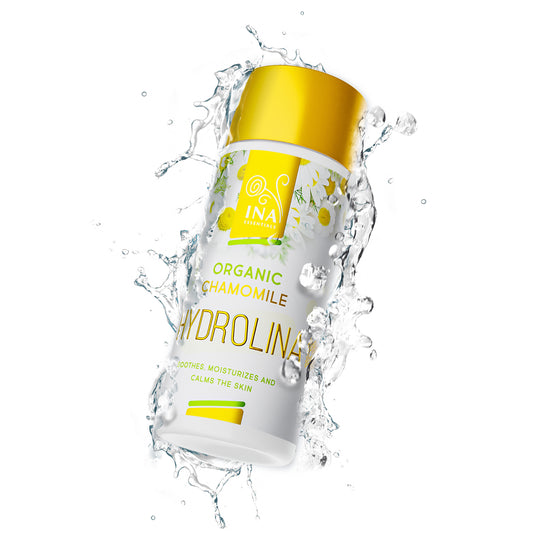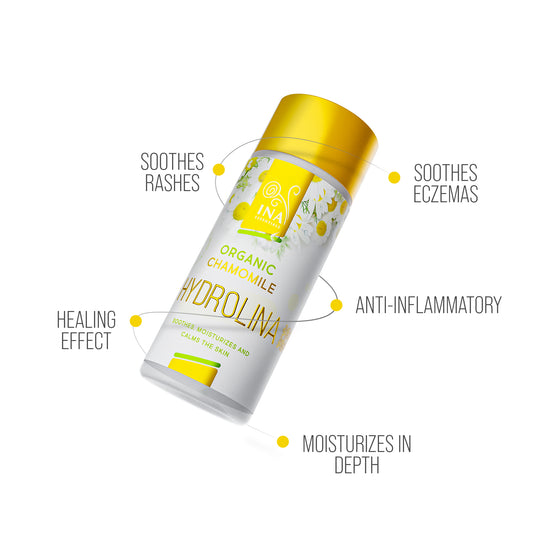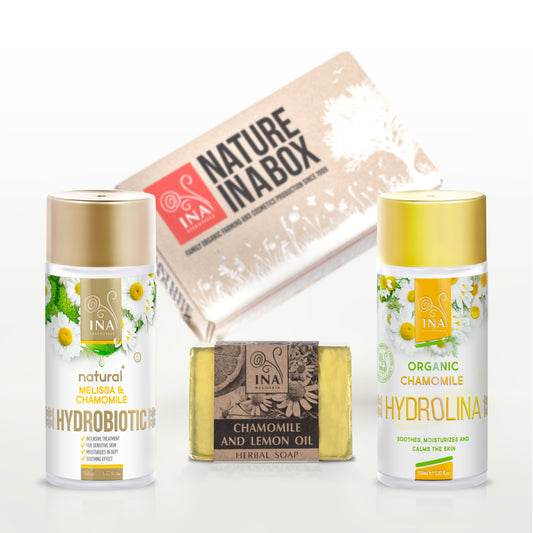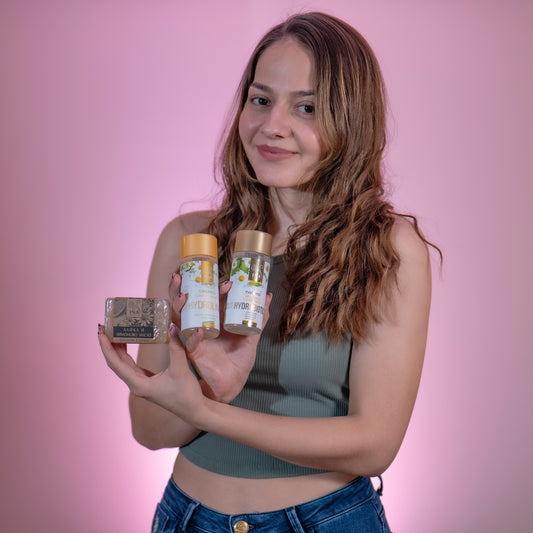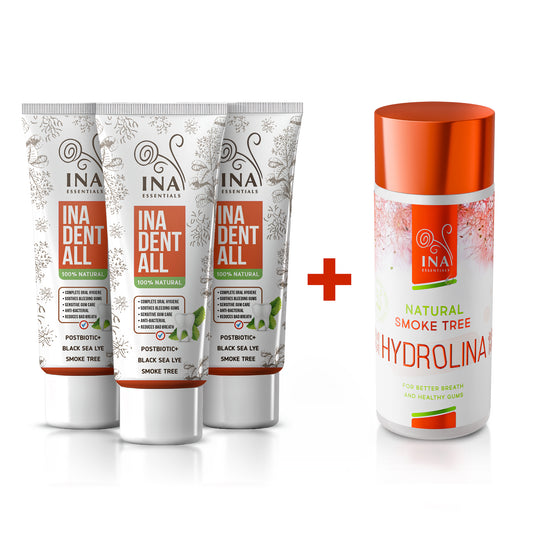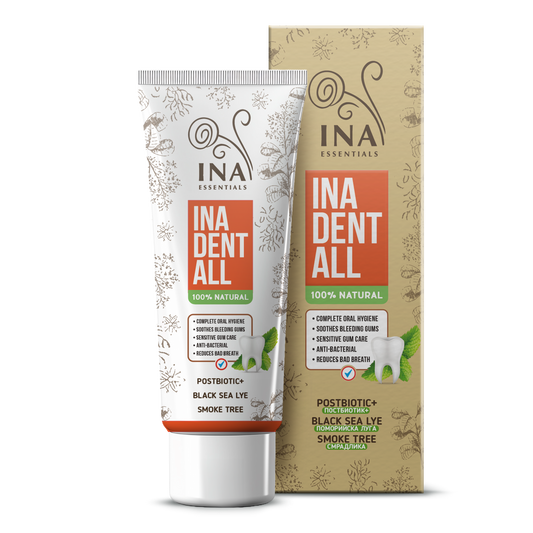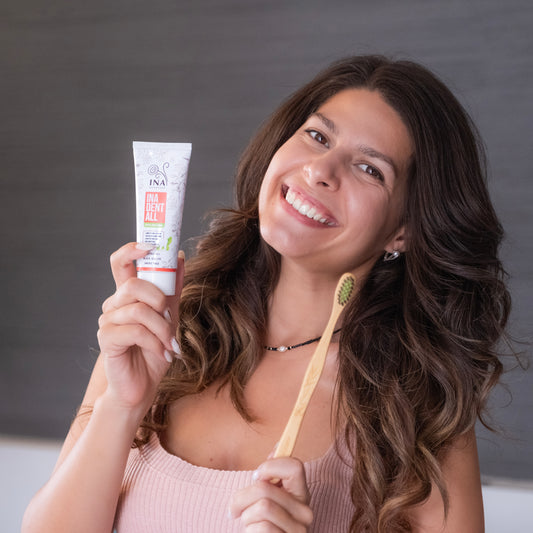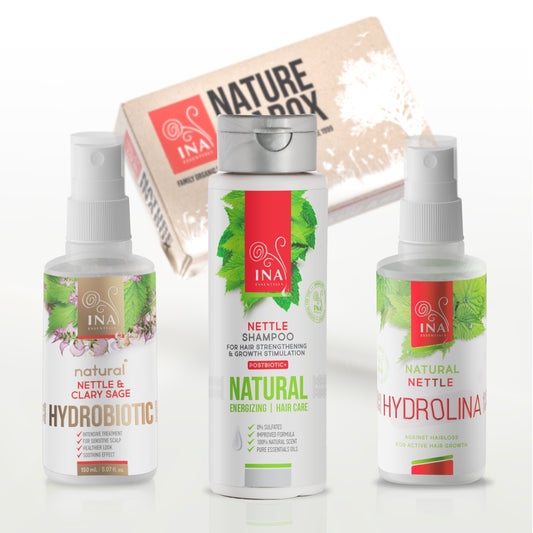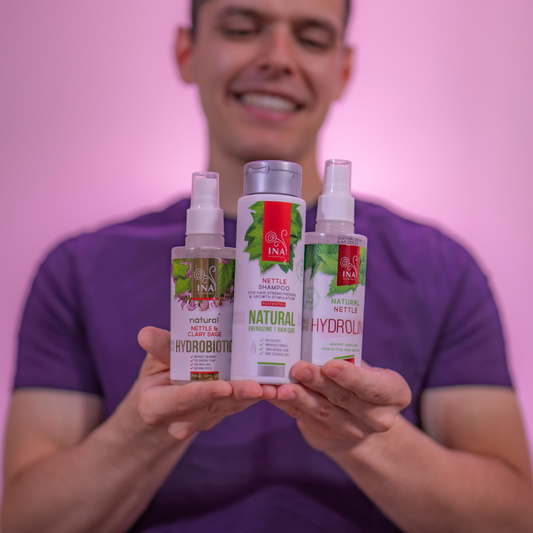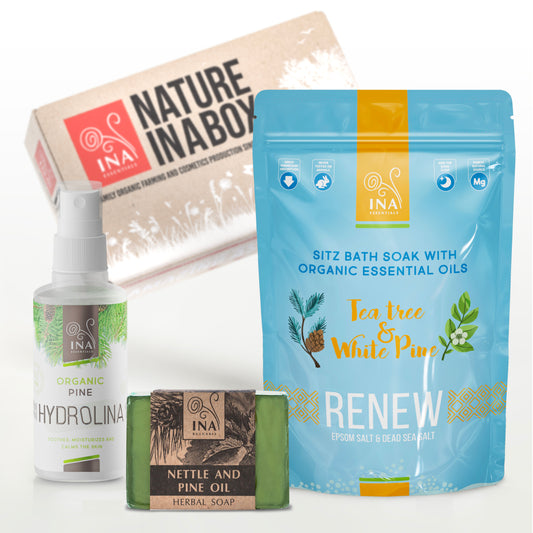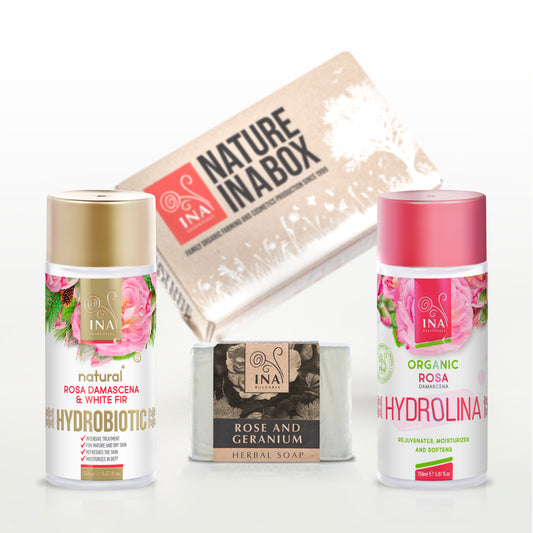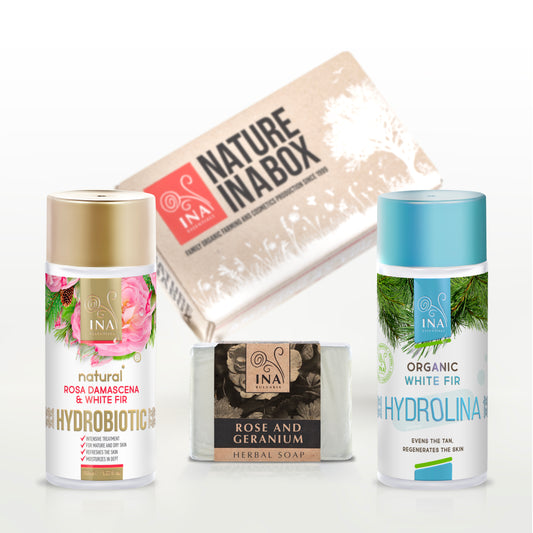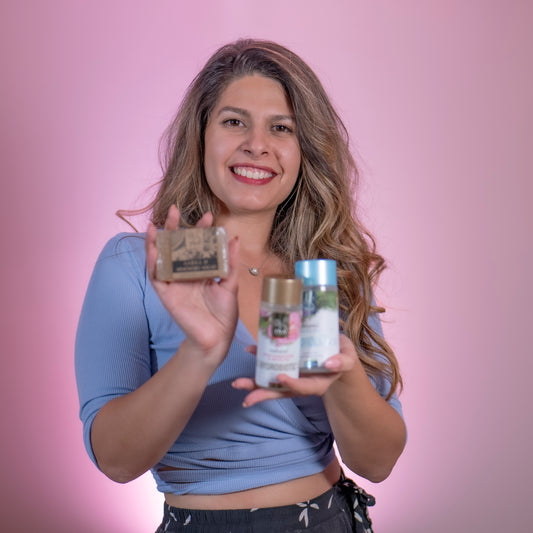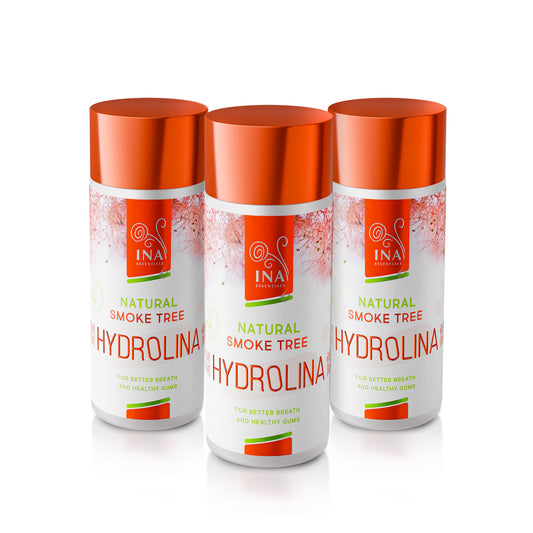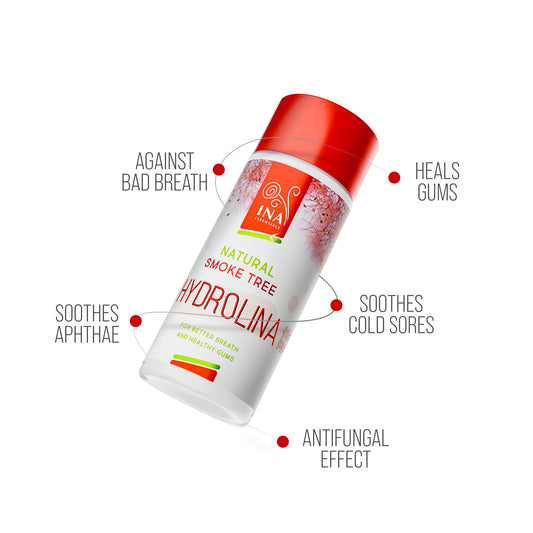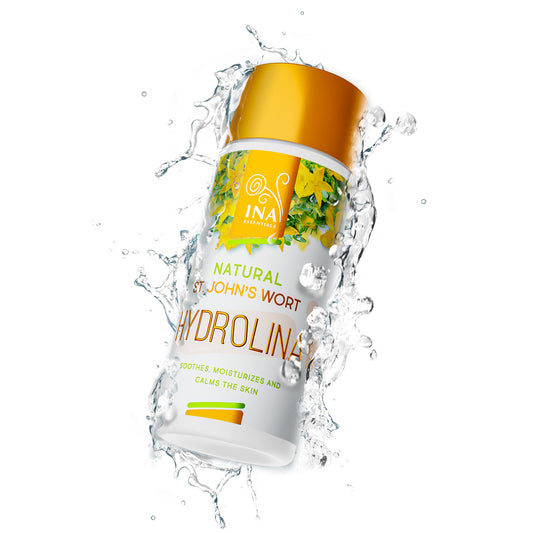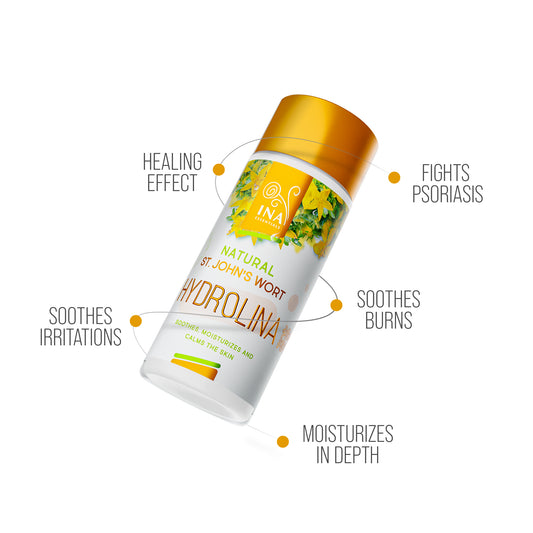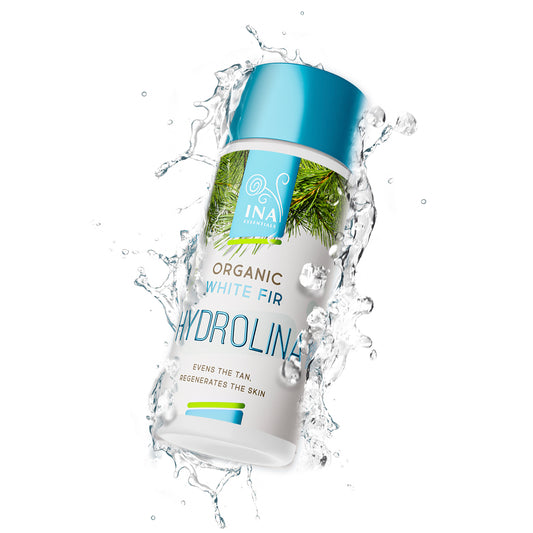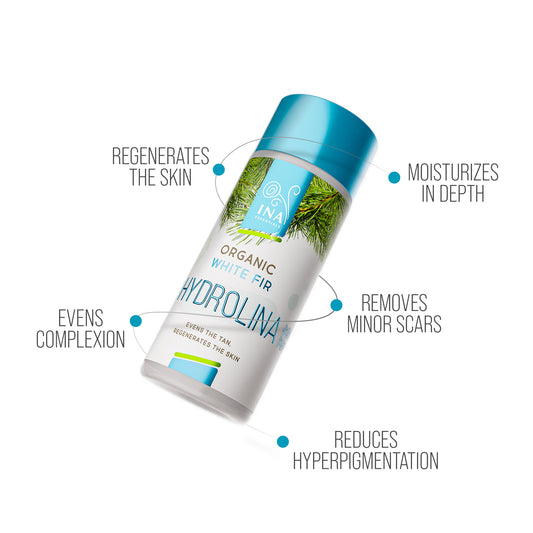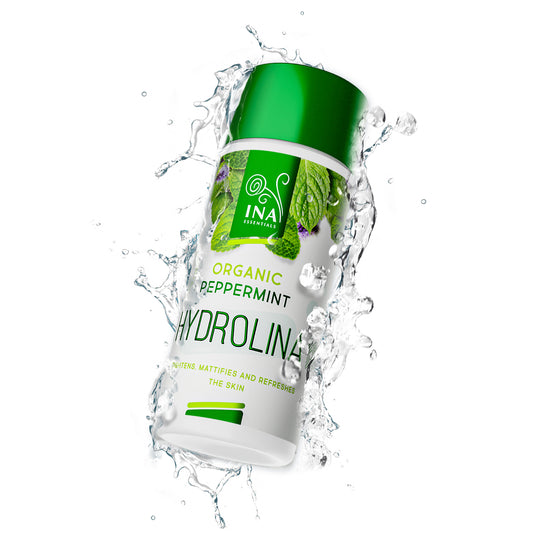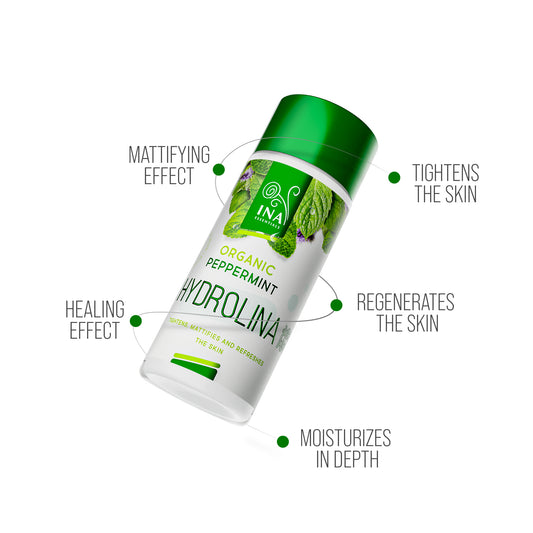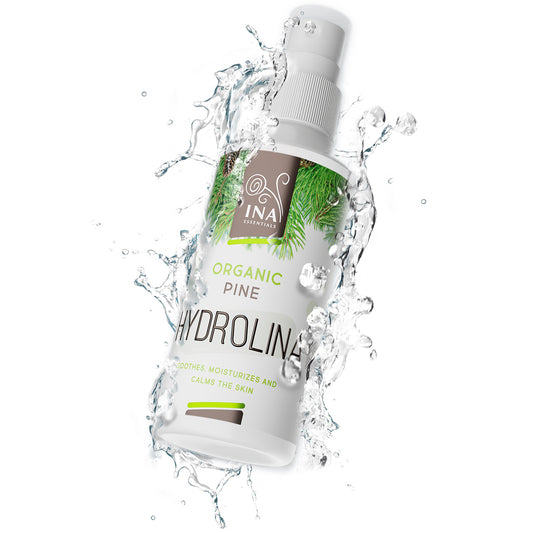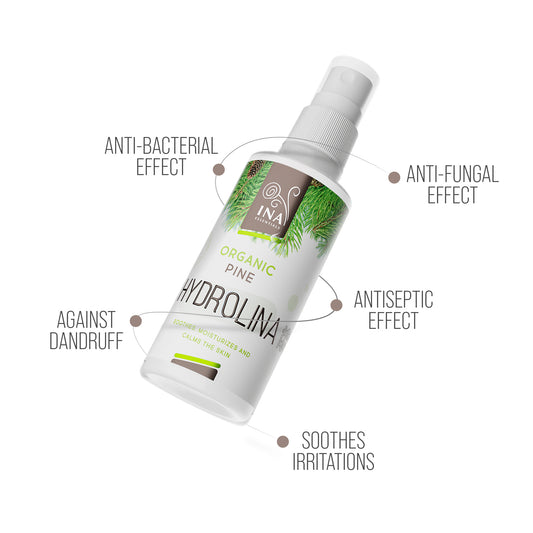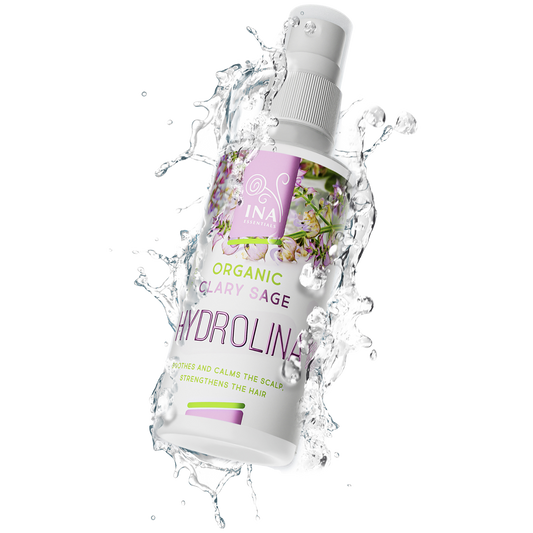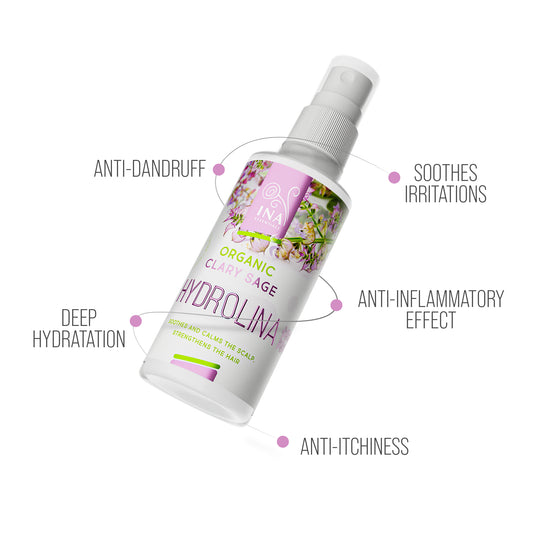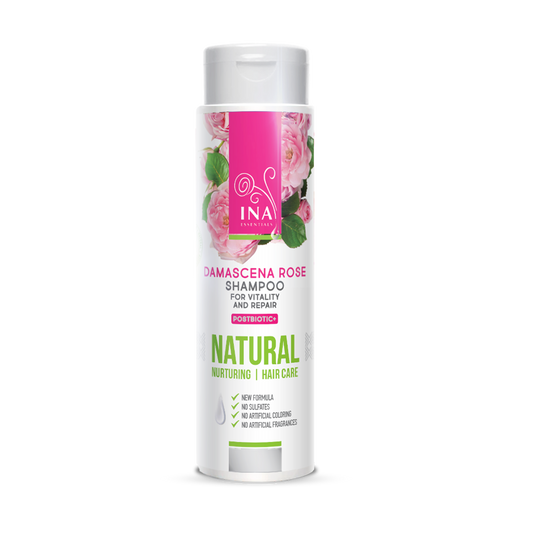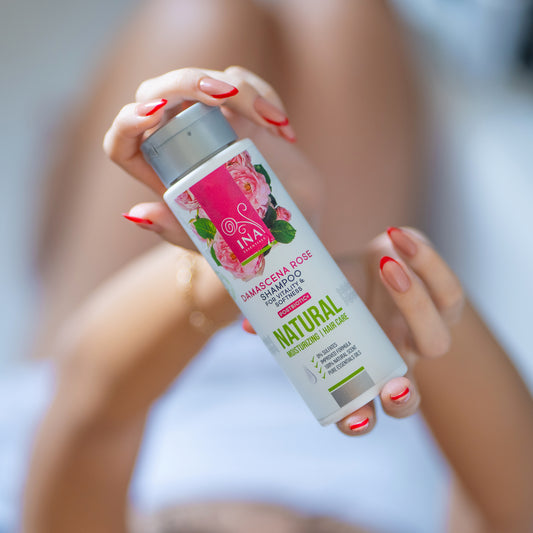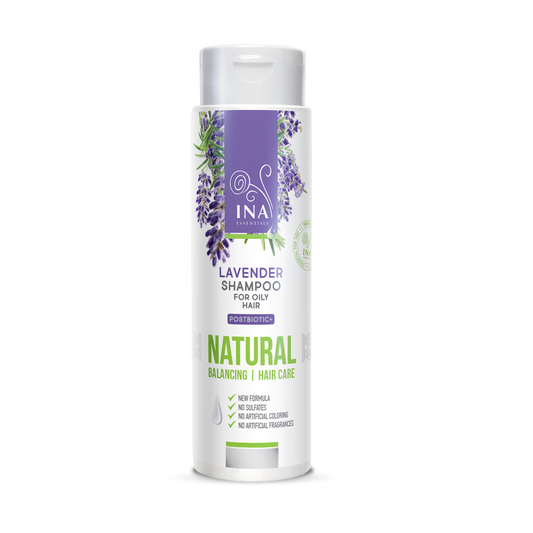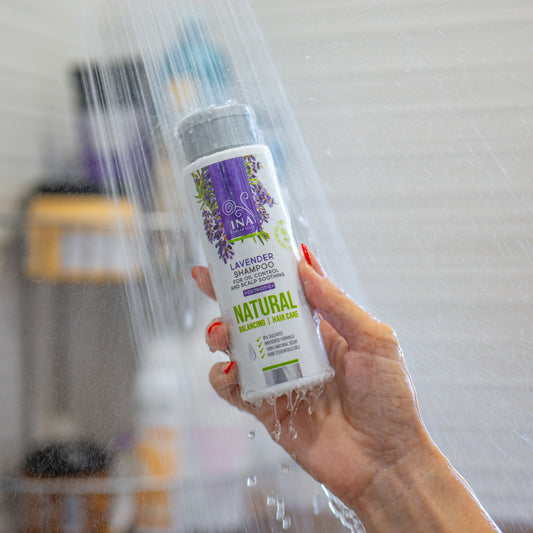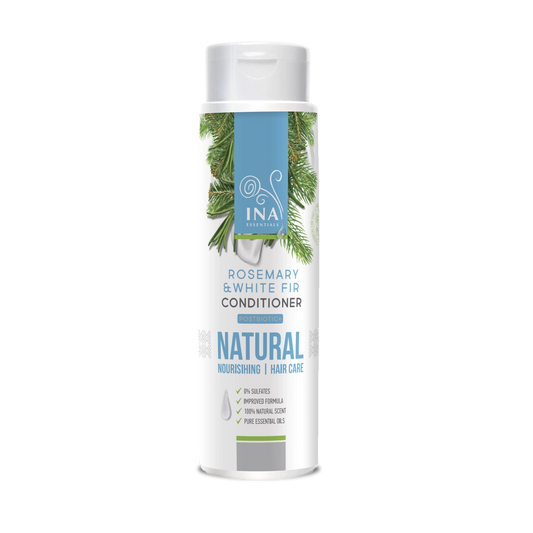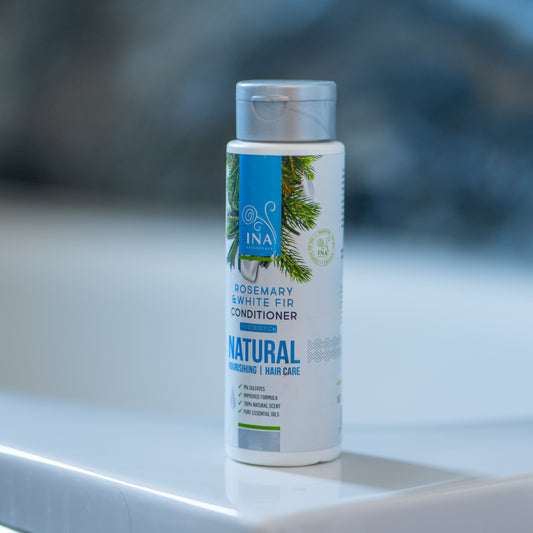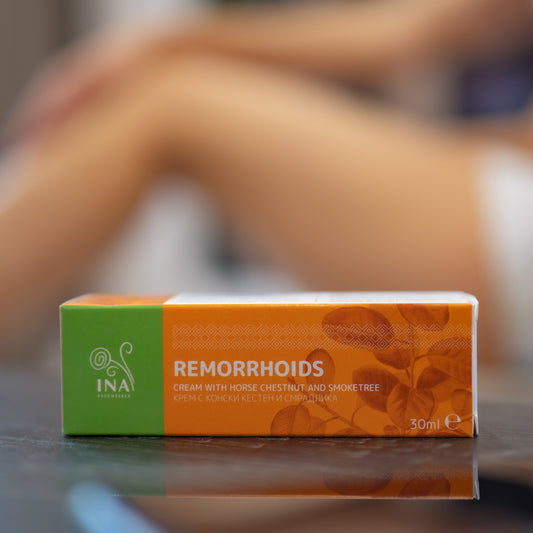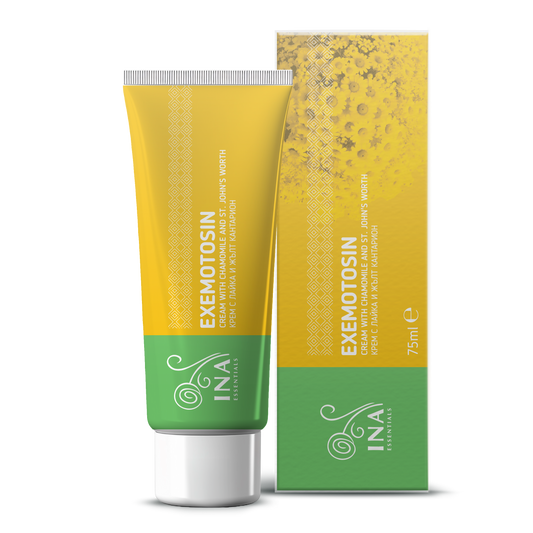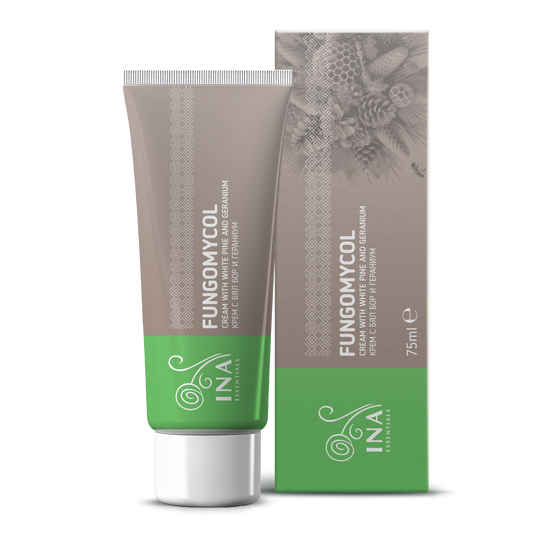For many, eczema is not just a skin condition and aesthetic issue, but a source of constant discomfort, reduced self-esteem, and daily struggles. But what exactly are the causes of eczema? What lies behind its appearance, and how can we manage its symptoms naturally?
What is eczema?
Before we look at the causes of eczema, it’s important to understand what the condition itself is. Eczema is inflammation of the skin, often accompanied by redness, itching, peeling, dryness, and sometimes even painful cracks and blisters. You might be wondering what dry eczema, eczema on the hands, atopic dermatitis, and contact eczema are. Each of these conditions has its own characteristics.
Main Causes of Eczema

The key to effectively dealing with symptoms lies in understanding the causes of eczema. While they are complex and often individual, there are several main triggers worth considering.
1. Genetic predisposition
Genetics plays a key role – if there are cases of eczema, allergies, or asthma in the family, the risk increases significantly. This is one of the leading causes of eczema, especially in children and young people.
2. Impaired skin barrier function
When the skin cannot effectively retain moisture, it becomes dry, sensitive, and vulnerable to external irritants. Dry eczema often arises for this very reason. People with this skin type need to take extra care to nourish and hydrate their skin.
3. Everyday irritants
Contact with harsh chemicals – soaps, cleaning products, synthetic fabrics, and even some cosmetics – can trigger eczema or worsen existing cases. The skin on the hands is especially affected, making eczema on the hands a common issue.
4. Stress and emotional strain
Although not a direct cause, stress is a powerful trigger for inflammatory processes in the body and can exacerbate existing eczema symptoms. Stress management should be part of any holistic skincare regimen.
5. Hormonal fluctuations
Women often notice a worsening of their condition around menstruation, pregnancy, or menopause. These hormonal changes are a common answer to the question “What triggers eczema?” in the female population.
6. Allergens and sensitivity
Certain foods, pollen, dust, and pets can trigger an immune response, leading to signs of eczema, especially in people with an atopic background.
Symptoms and signs of eczema

To address eczema in a timely and effective manner, it’s important to recognize the symptoms of eczema:
-
Intense itching, which often worsens at night
-
Redness and inflamed areas
-
Peeling, cracked, or rough skin
-
Blisters, oozing, or scabs
-
Sensitivity and tenderness to touch
It’s important to note that eczema symptoms can manifest differently in different people – both in severity and location.
How to soothe eczema with chamomile and natural products: InaEssentials’ approach

When we talk about causes of eczema, it’s only logical to think about solutions as well.
At InaEssentials, we believe that nature provides powerful yet delicate answers. Each of our products is created with care for sensitive skin and with respect for its needs.
Chamomile Hydrolina
Suitable for dry eczema and irritated skin. Chamomile hydrolina soothes inflammation, helps restore the barrier function, and keeps the skin hydrated.
Does not contain alcohol, perfumes, or artificial additives.

Soothing Cream with St. John's Wort, Chamomile, and Propolis
Formula with antibacterial and anti-inflammatory action. A perfect eczema cream, especially for areas like the hands, face, and elbows. The combination of natural active ingredients reduces itching, redness, and dryness.

Special offer: Buy 2 creams and get Chamomile Hydrolina for free
For those seeking full eczema care – this is the ideal combination of our eczema ointment and hydrating chamomile water, providing support throughout the day.
InaEssentials is here to offer not just a solution but natural care – with natural formulas inspired by herbs grown with care in Bulgarian soil.










